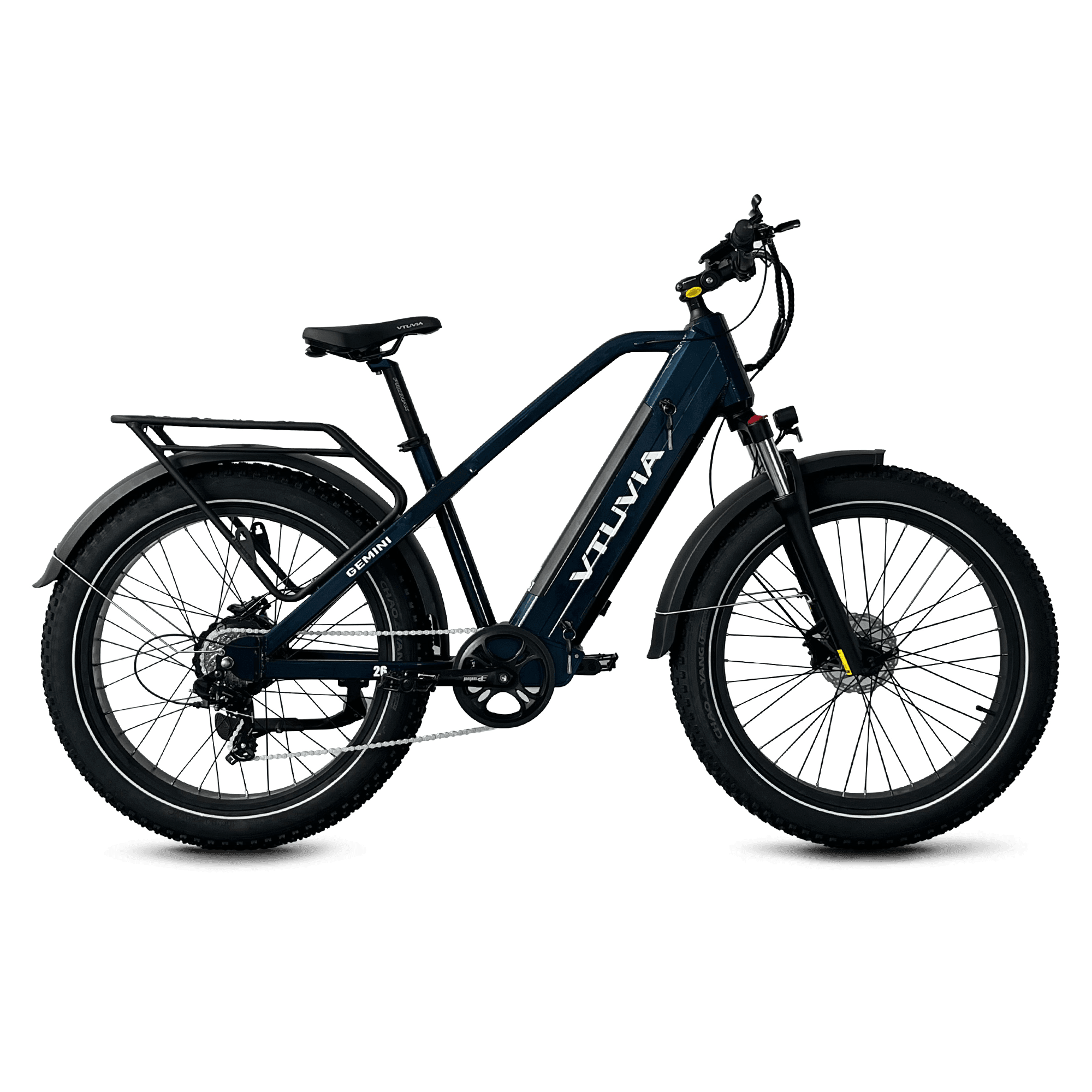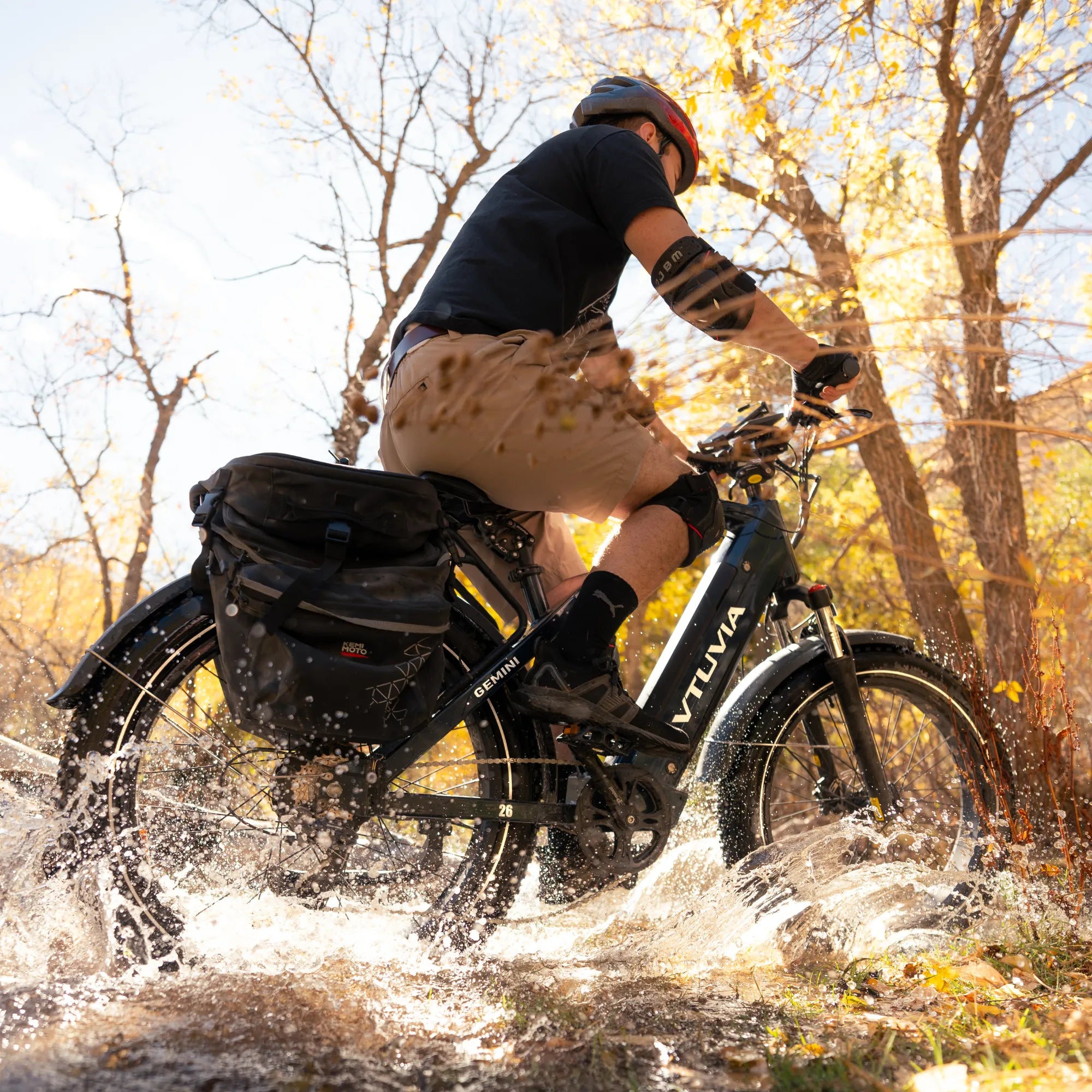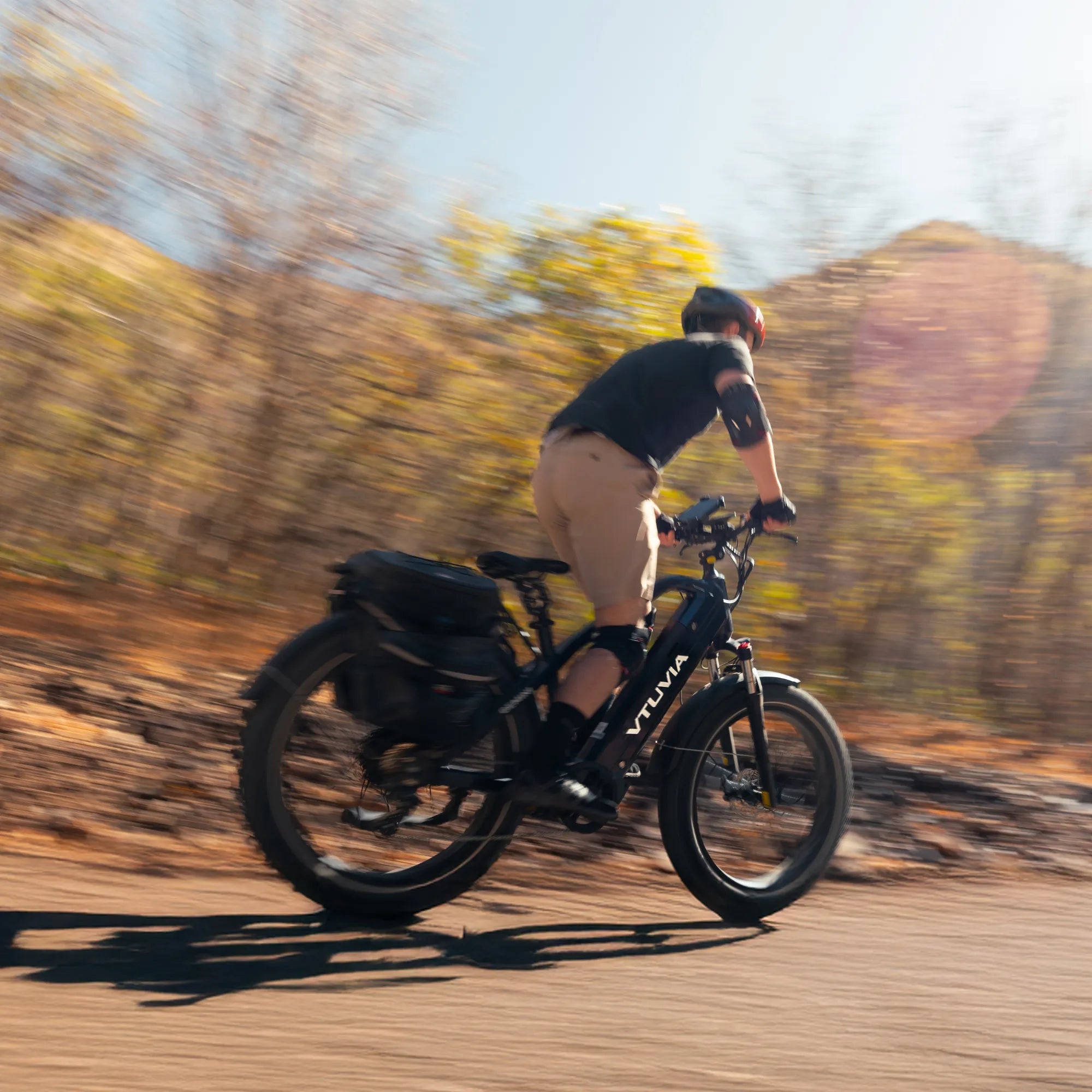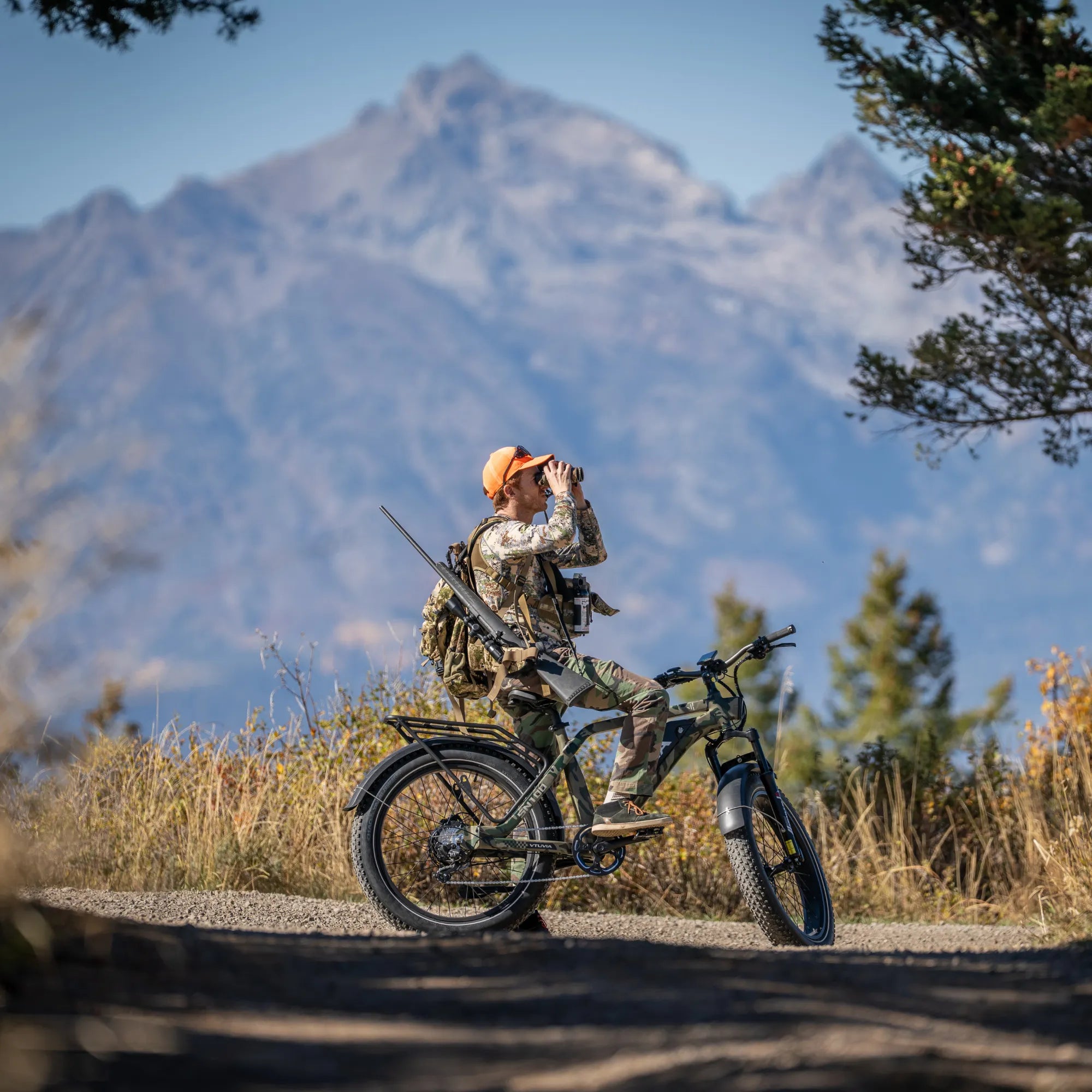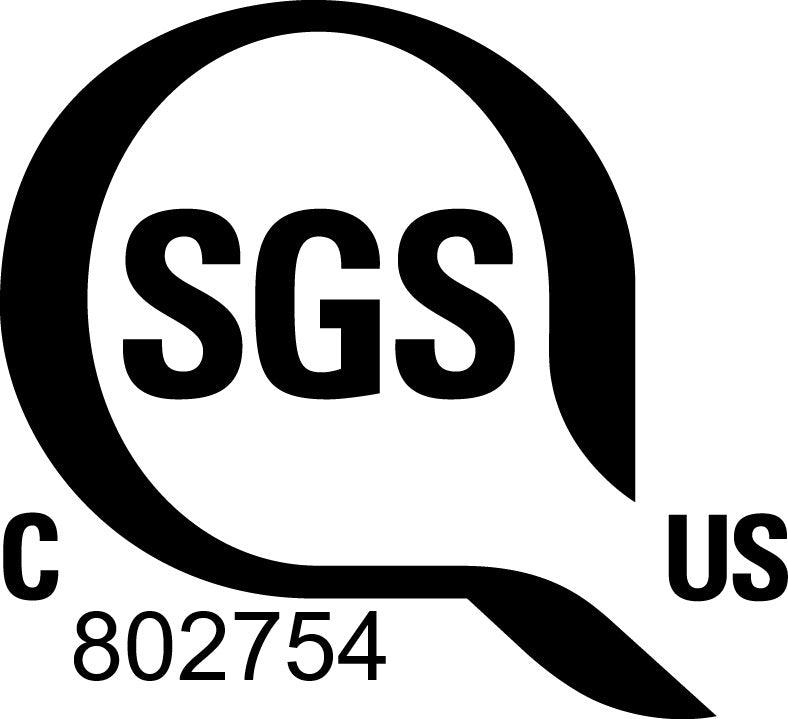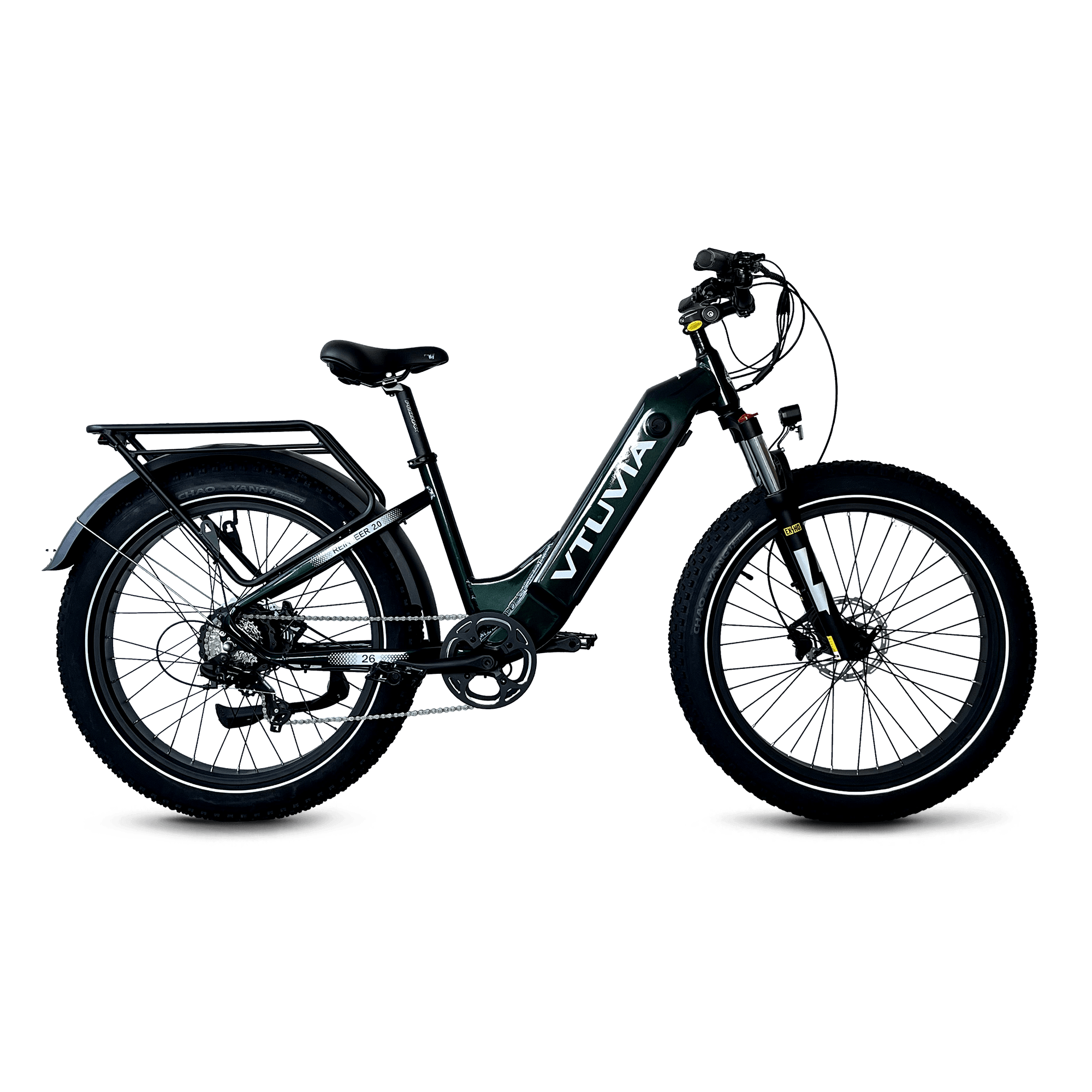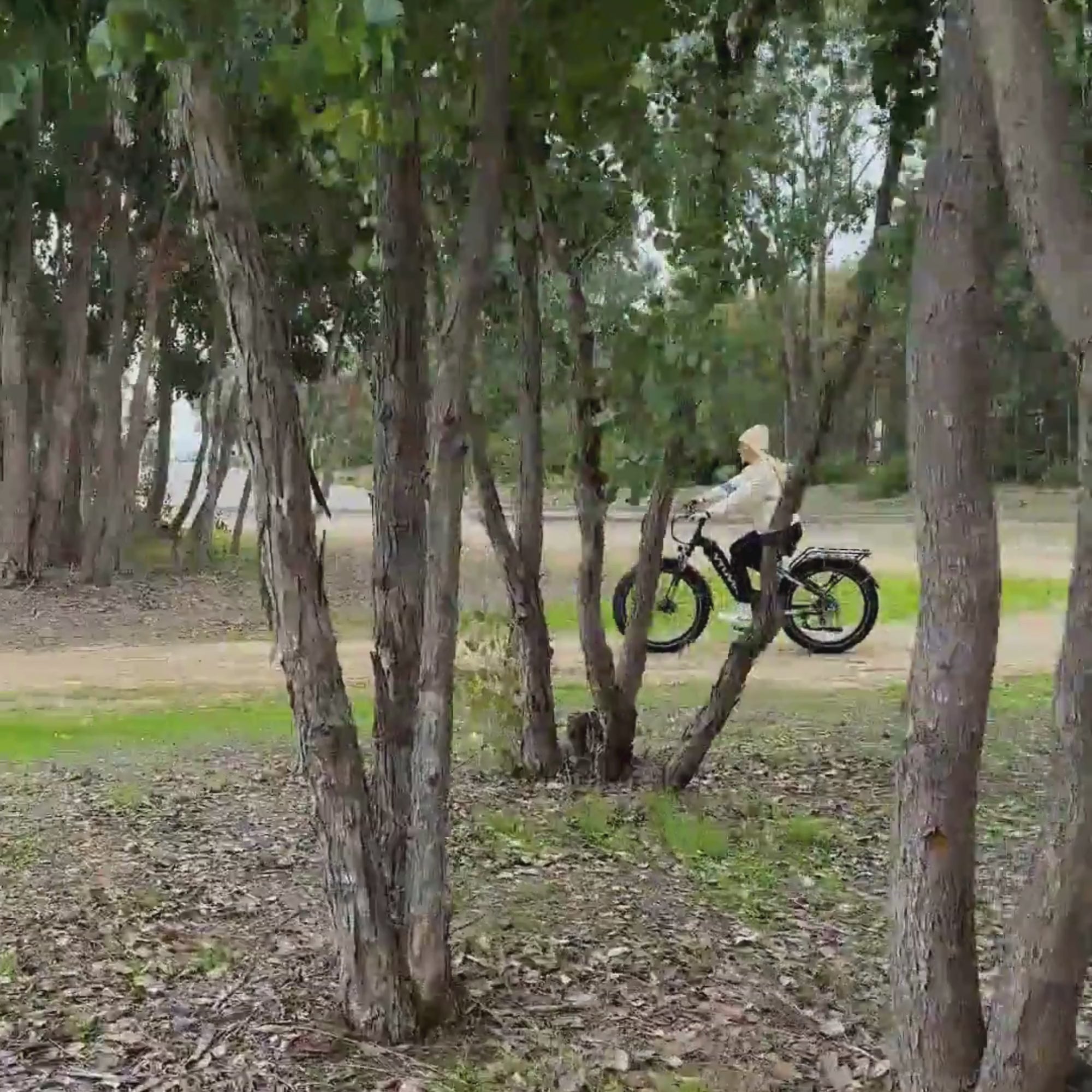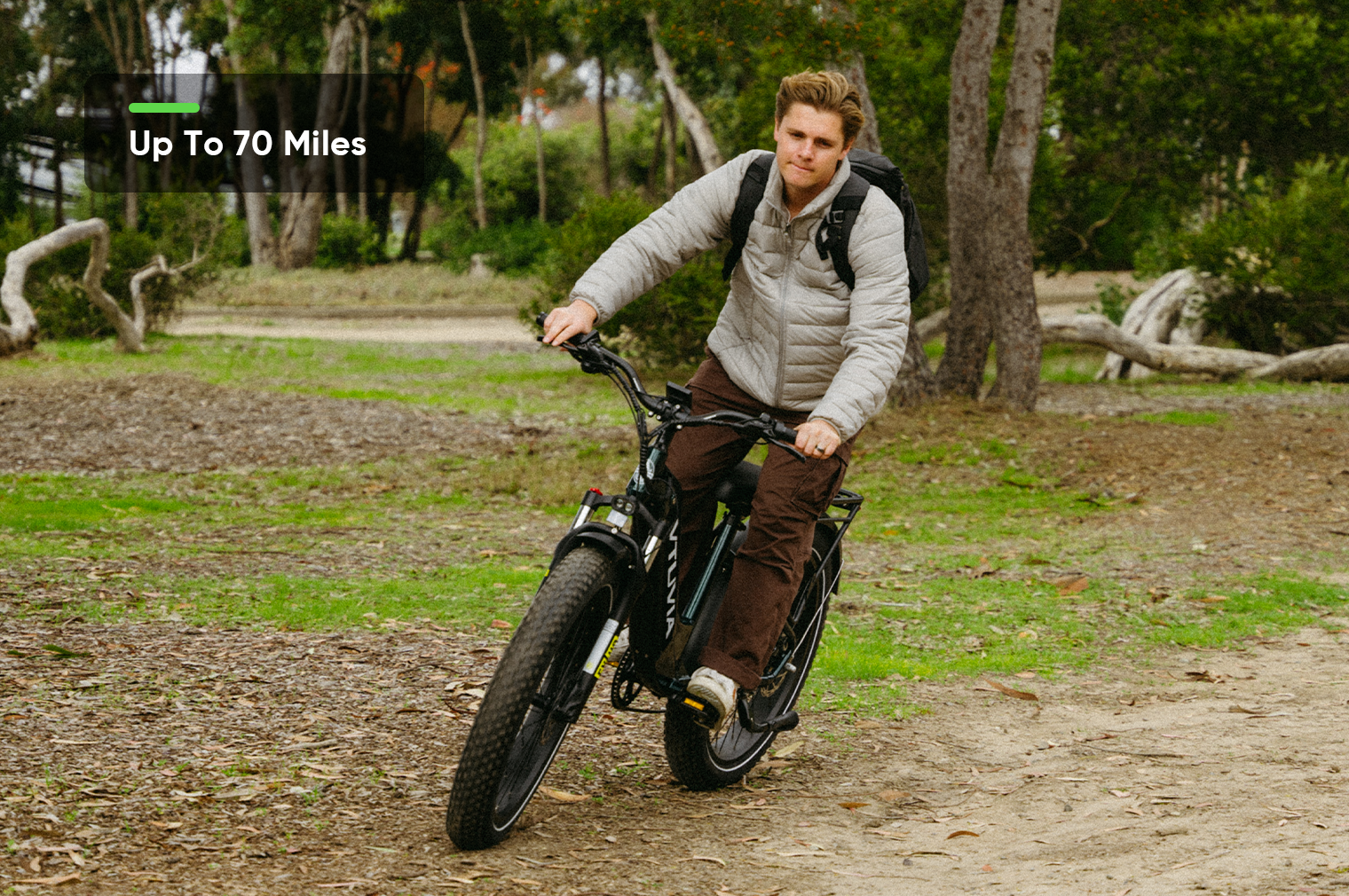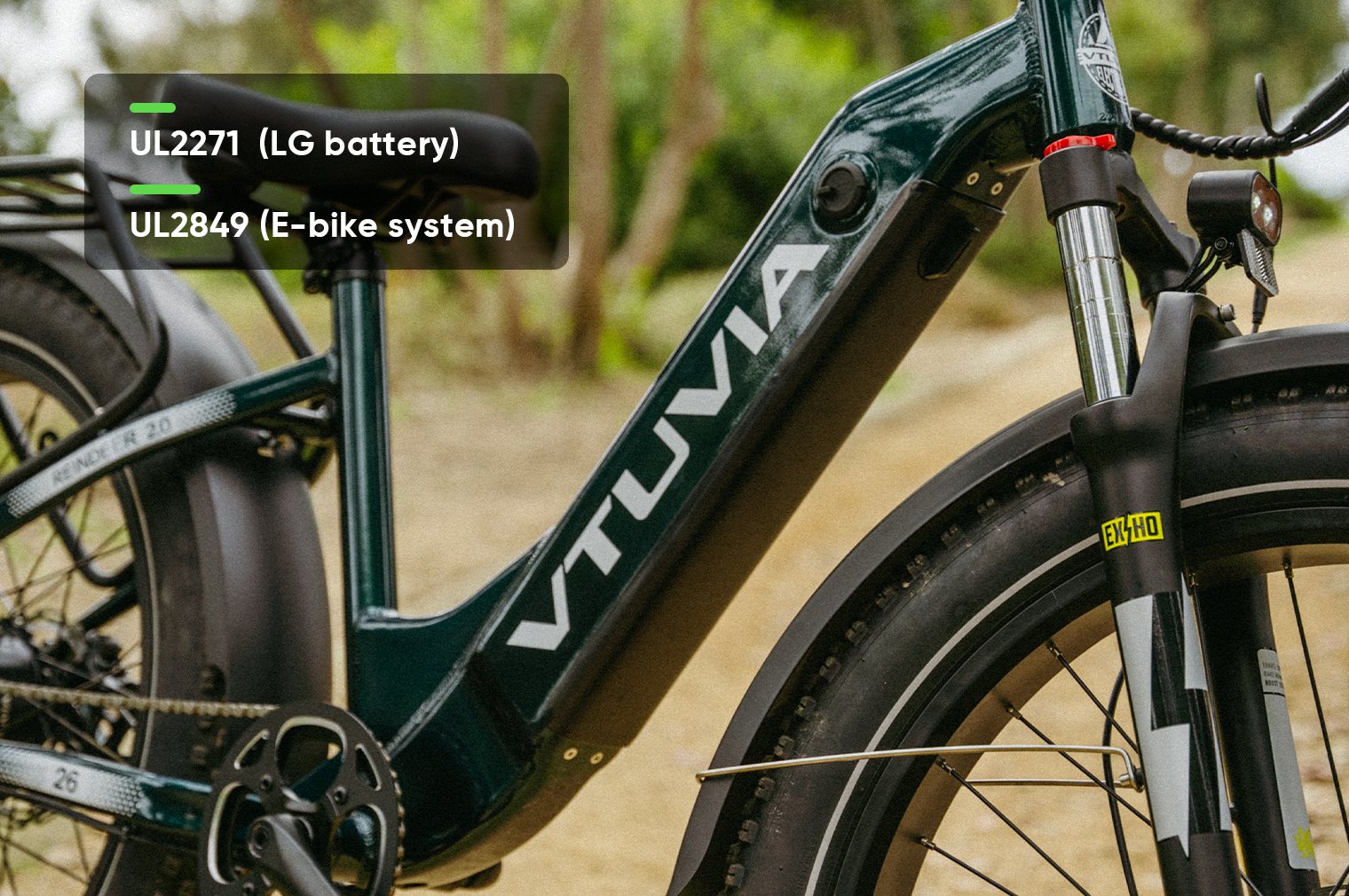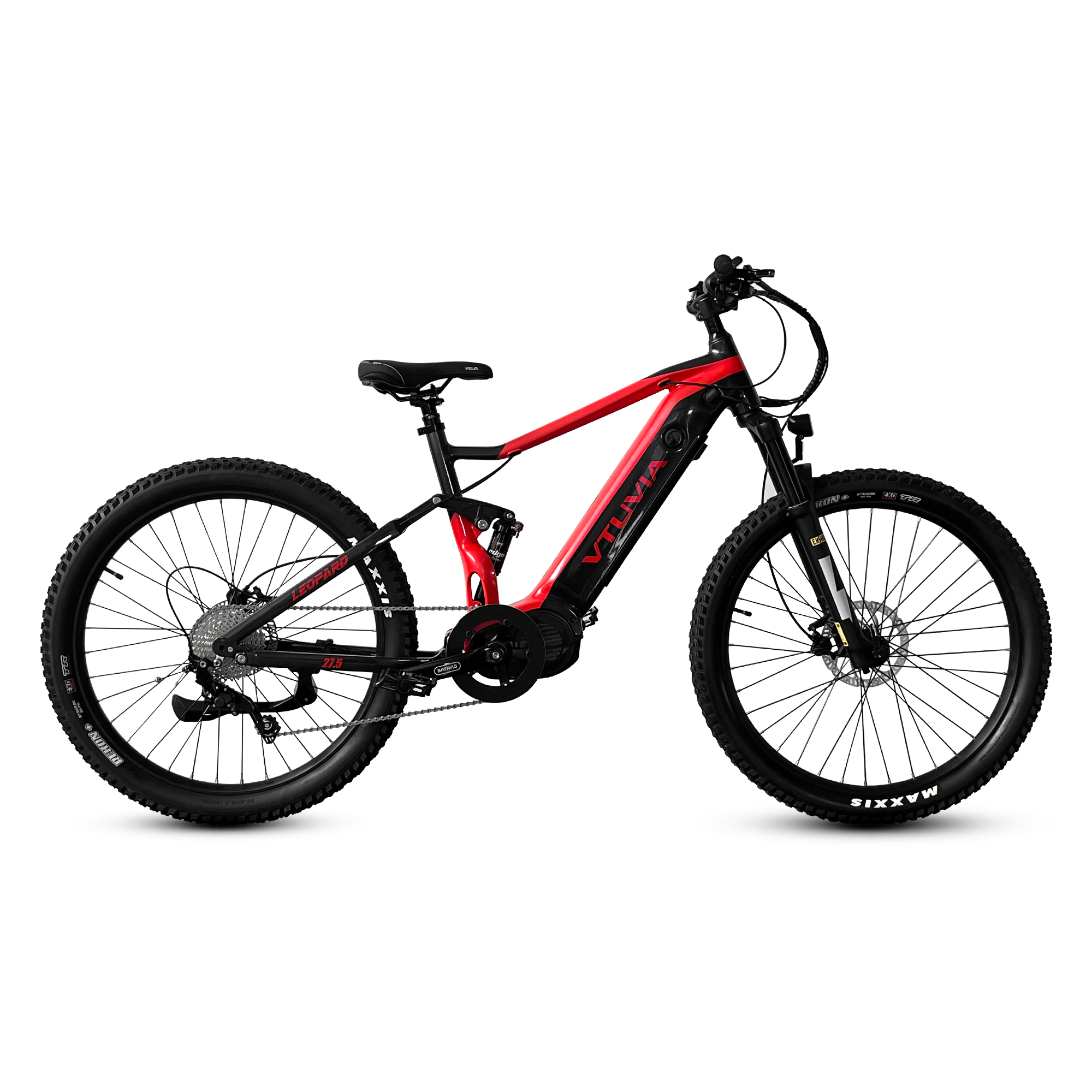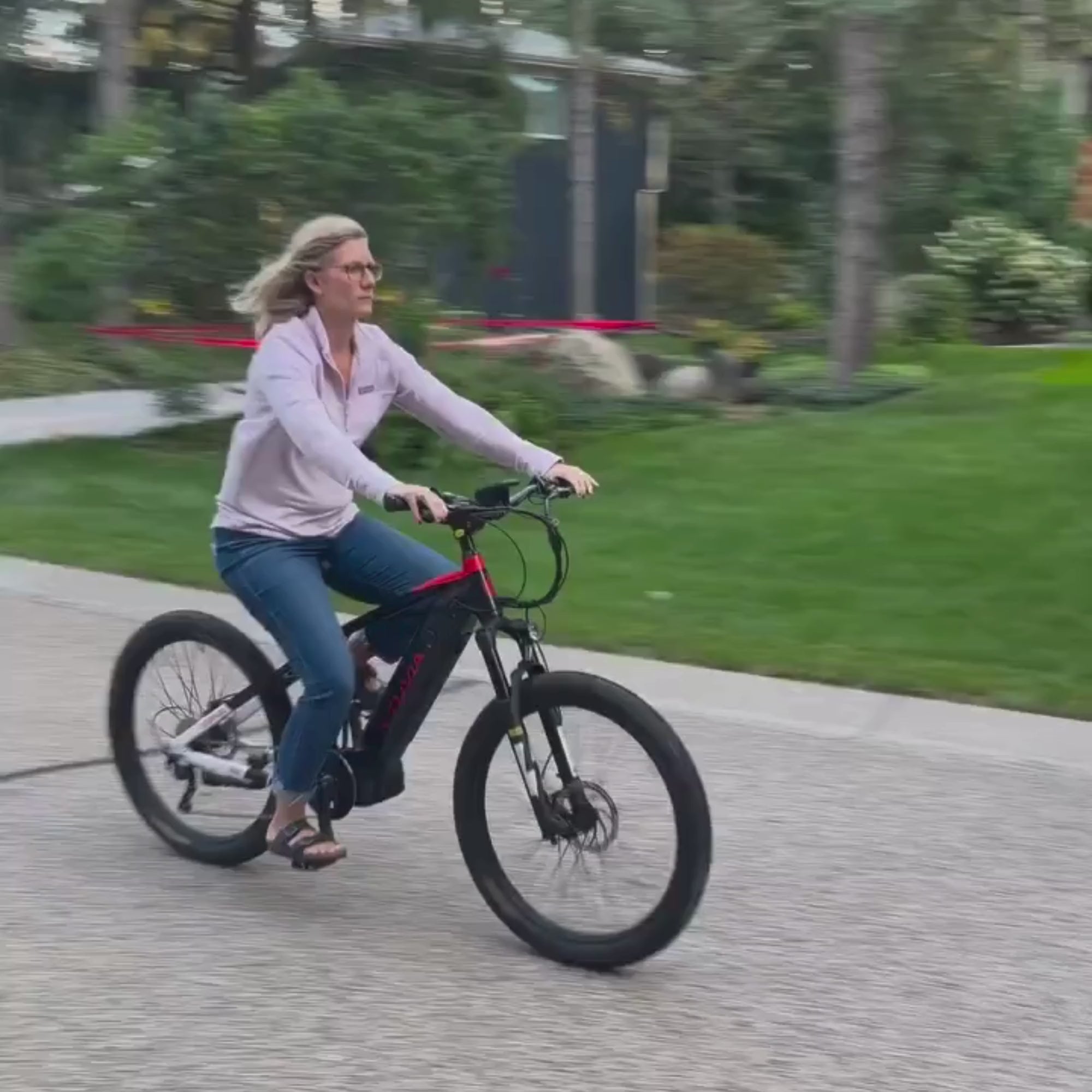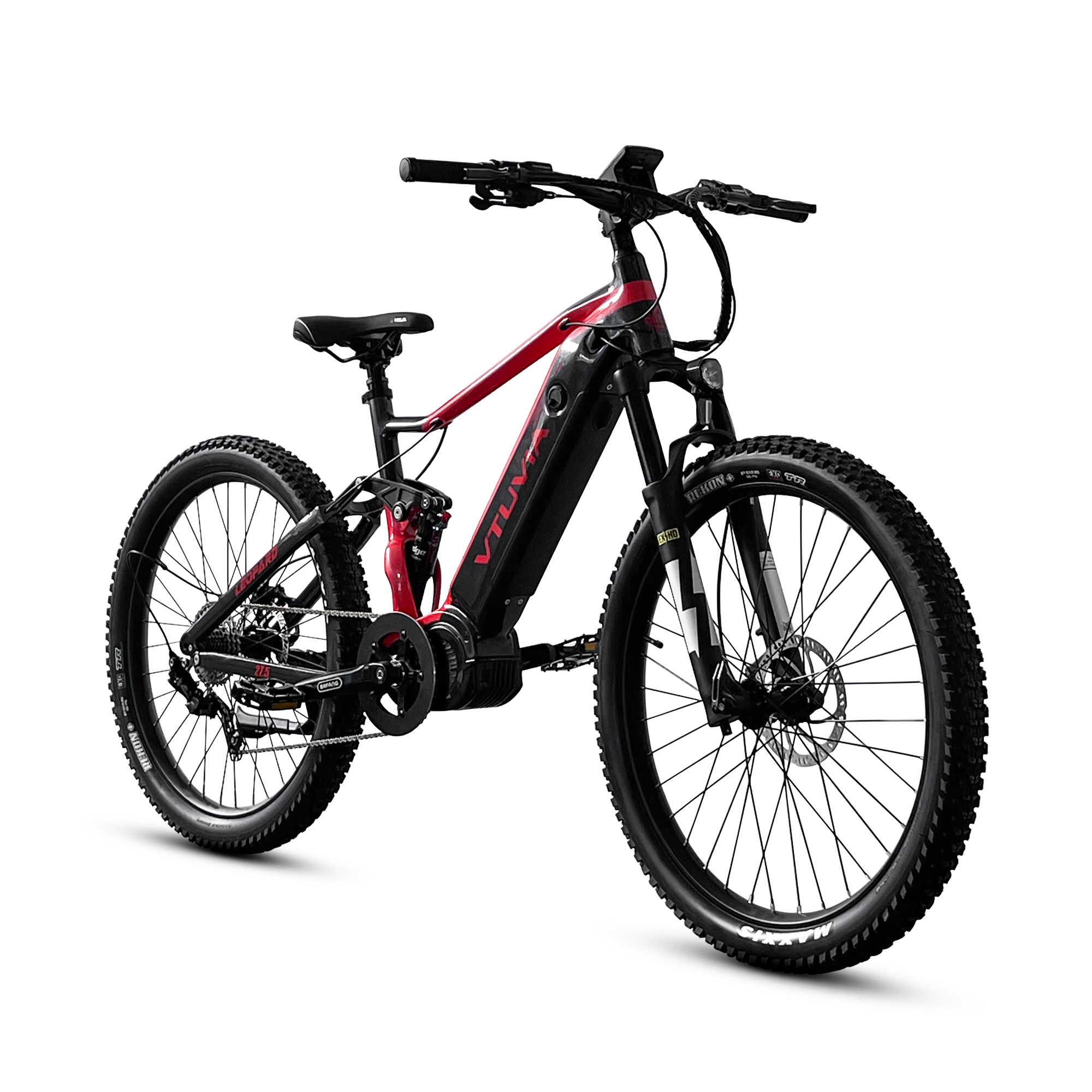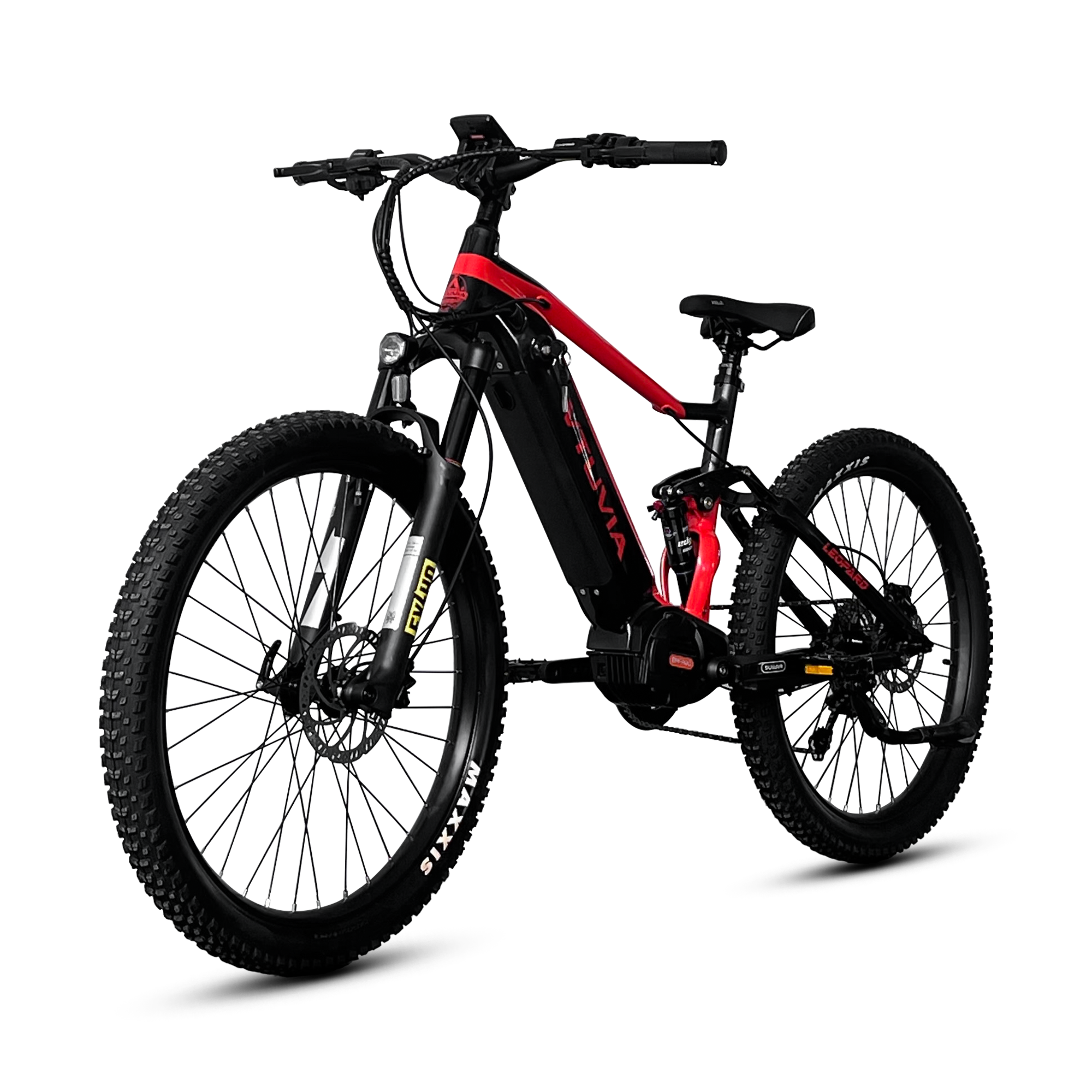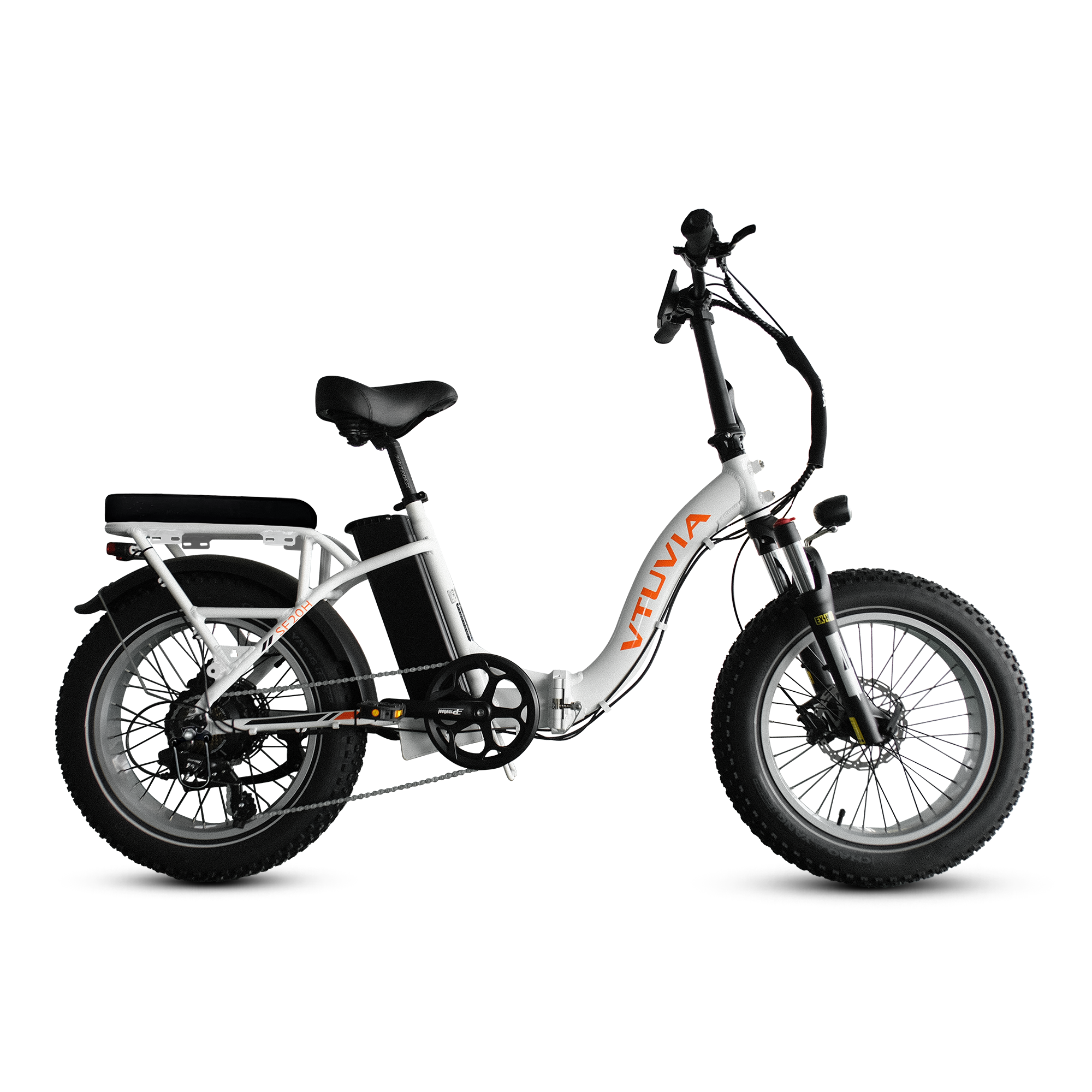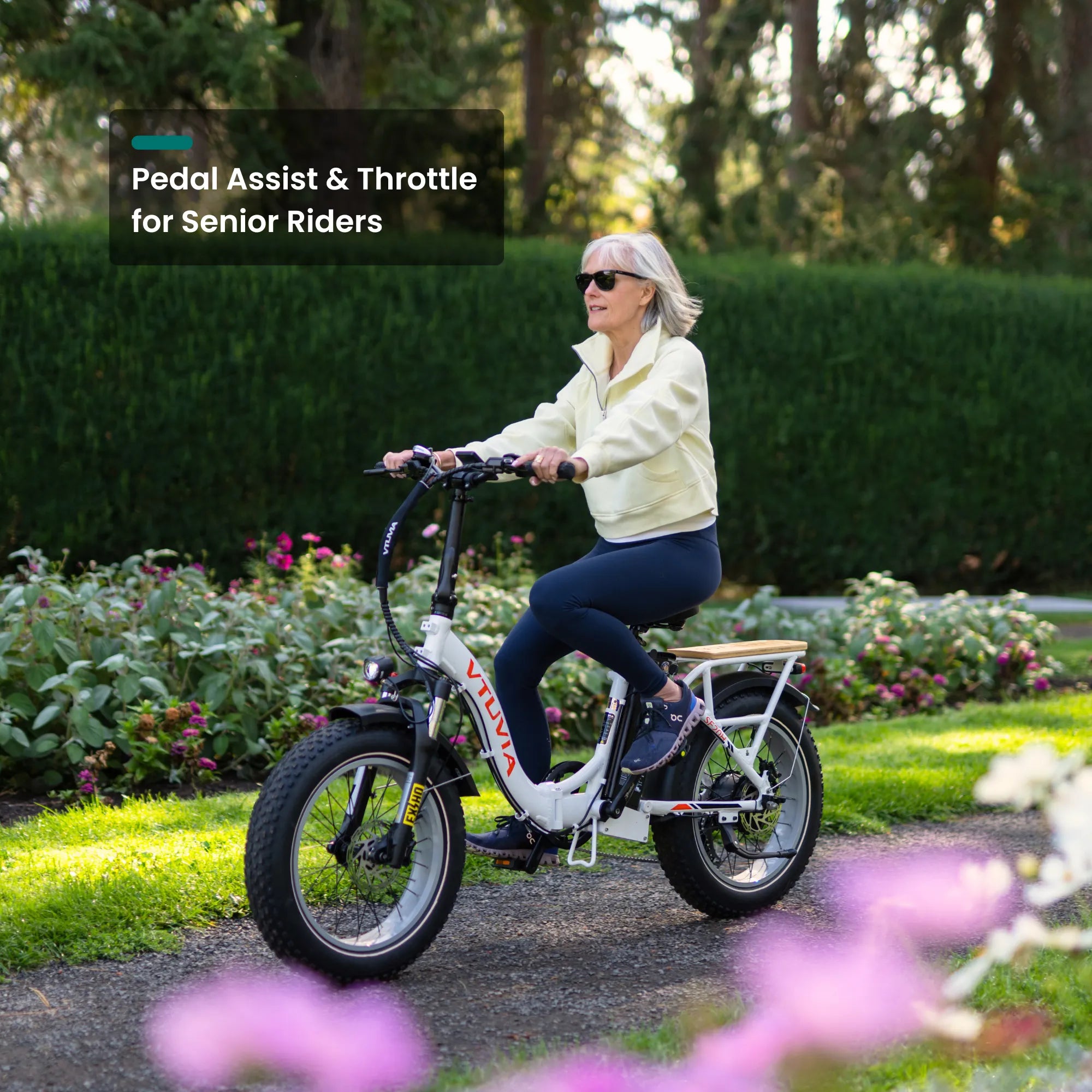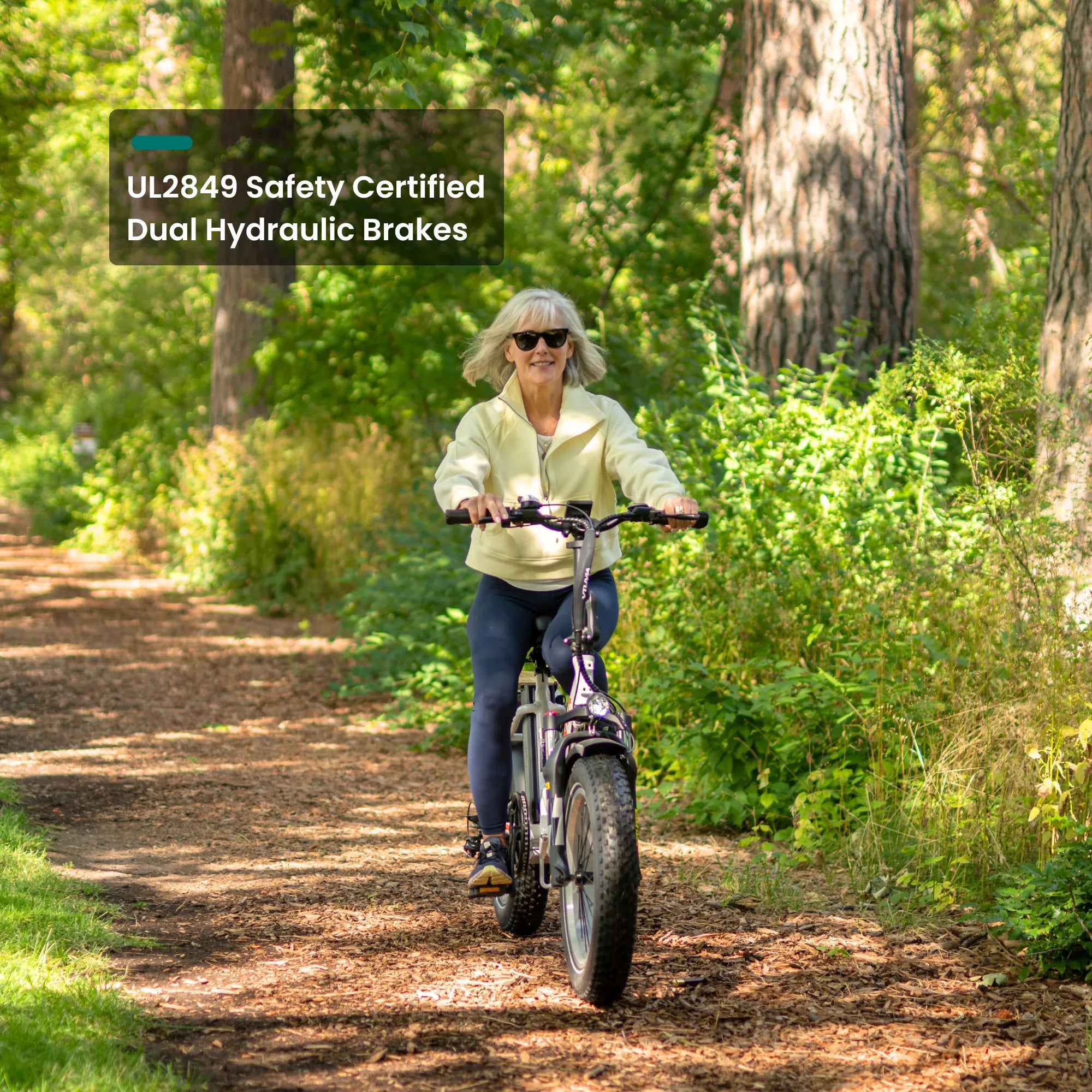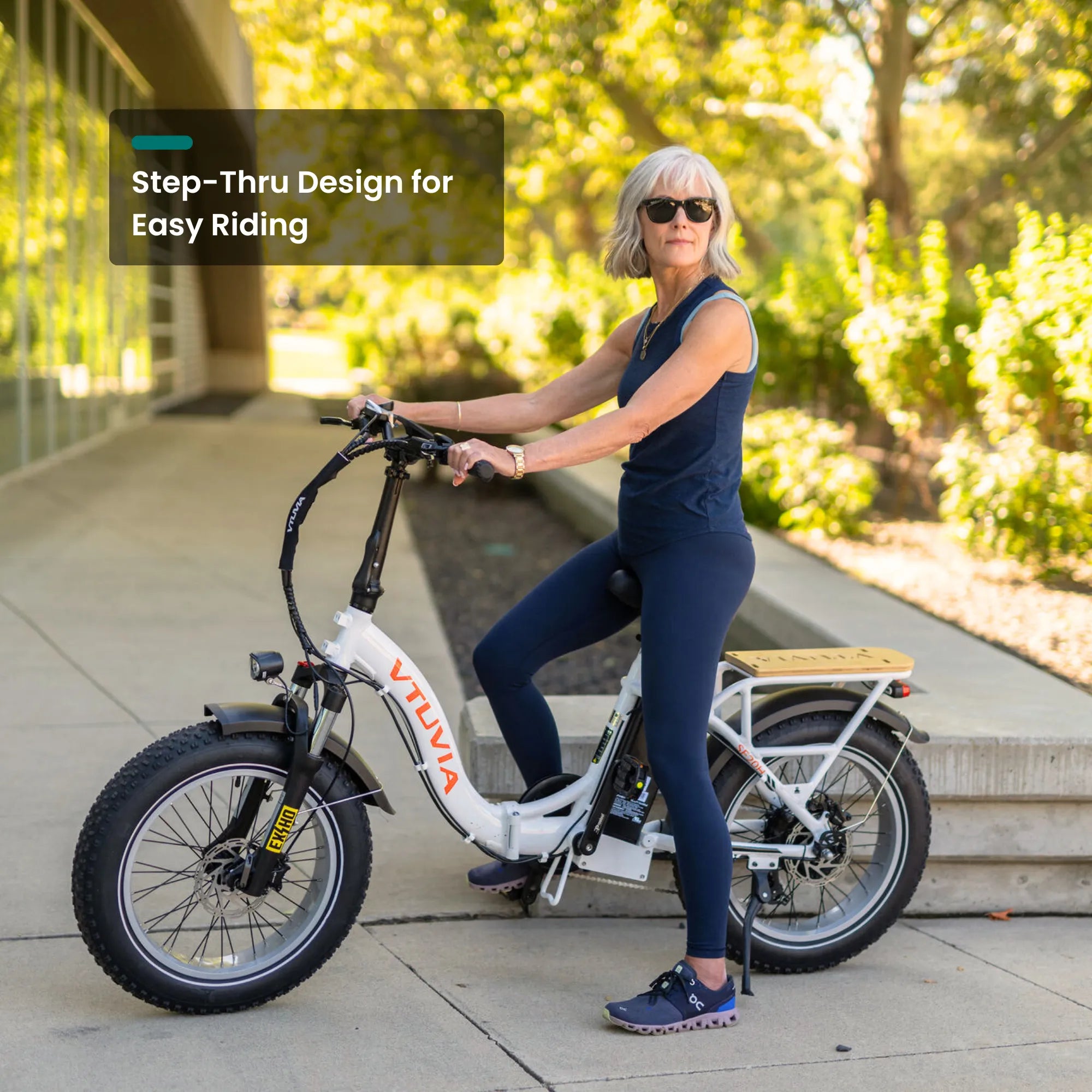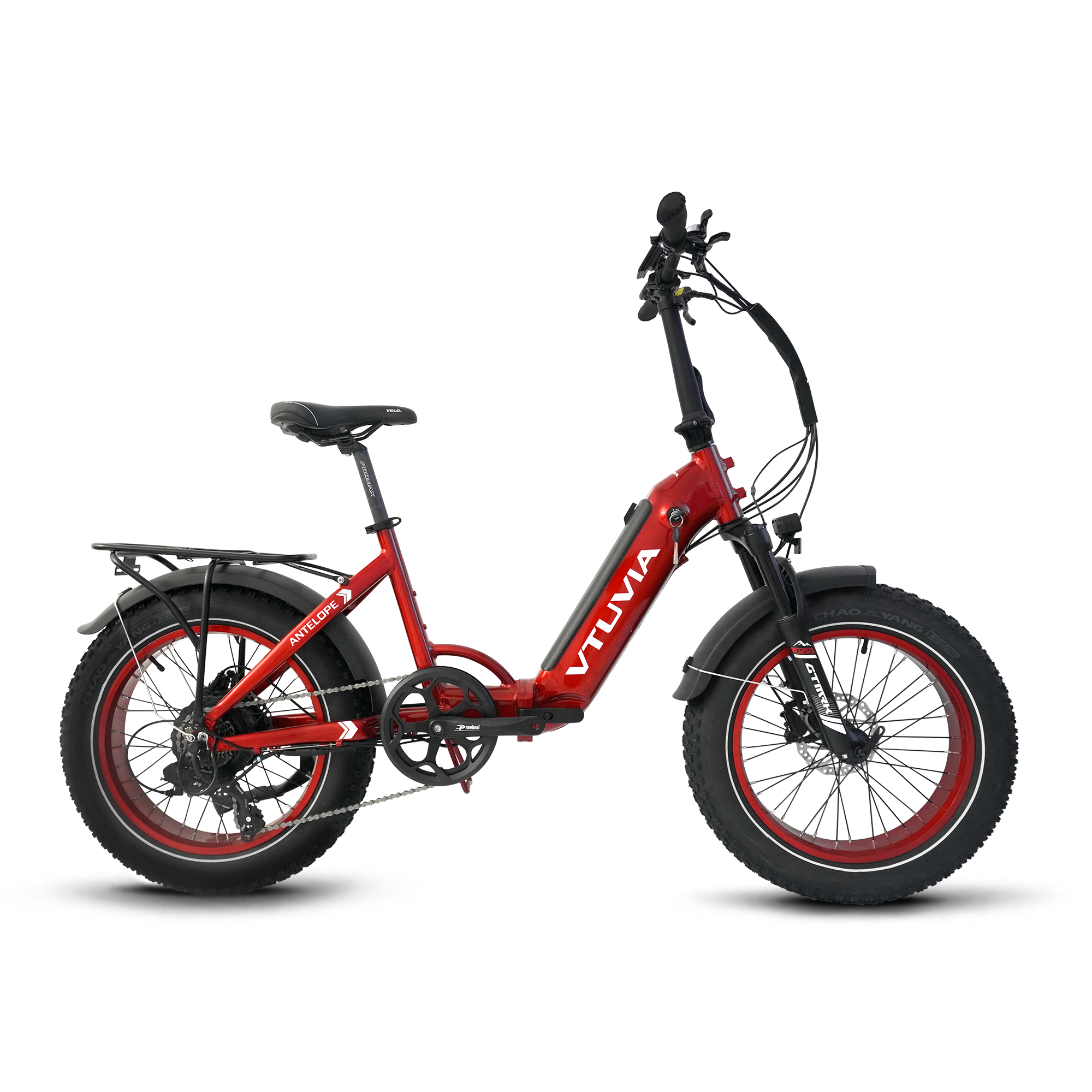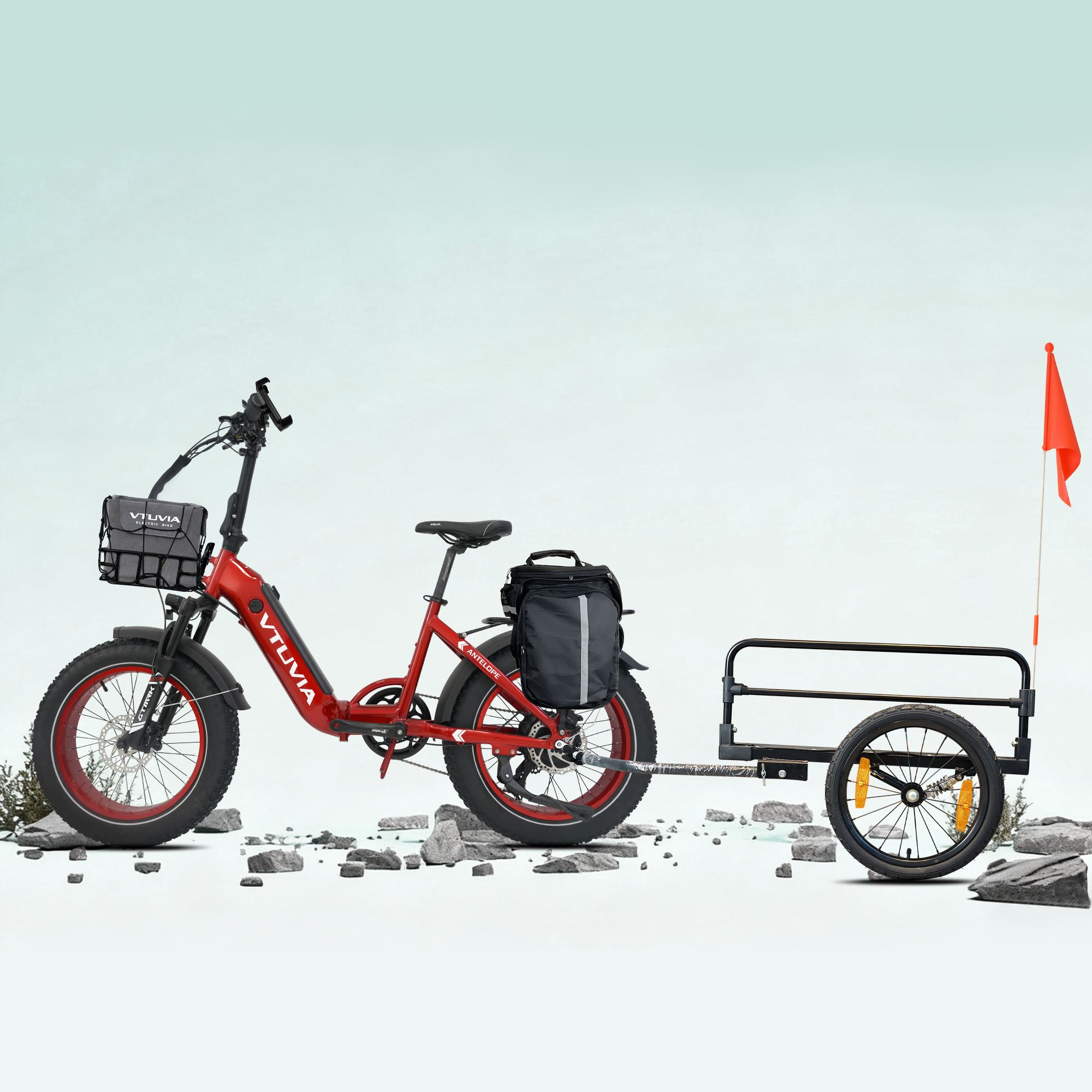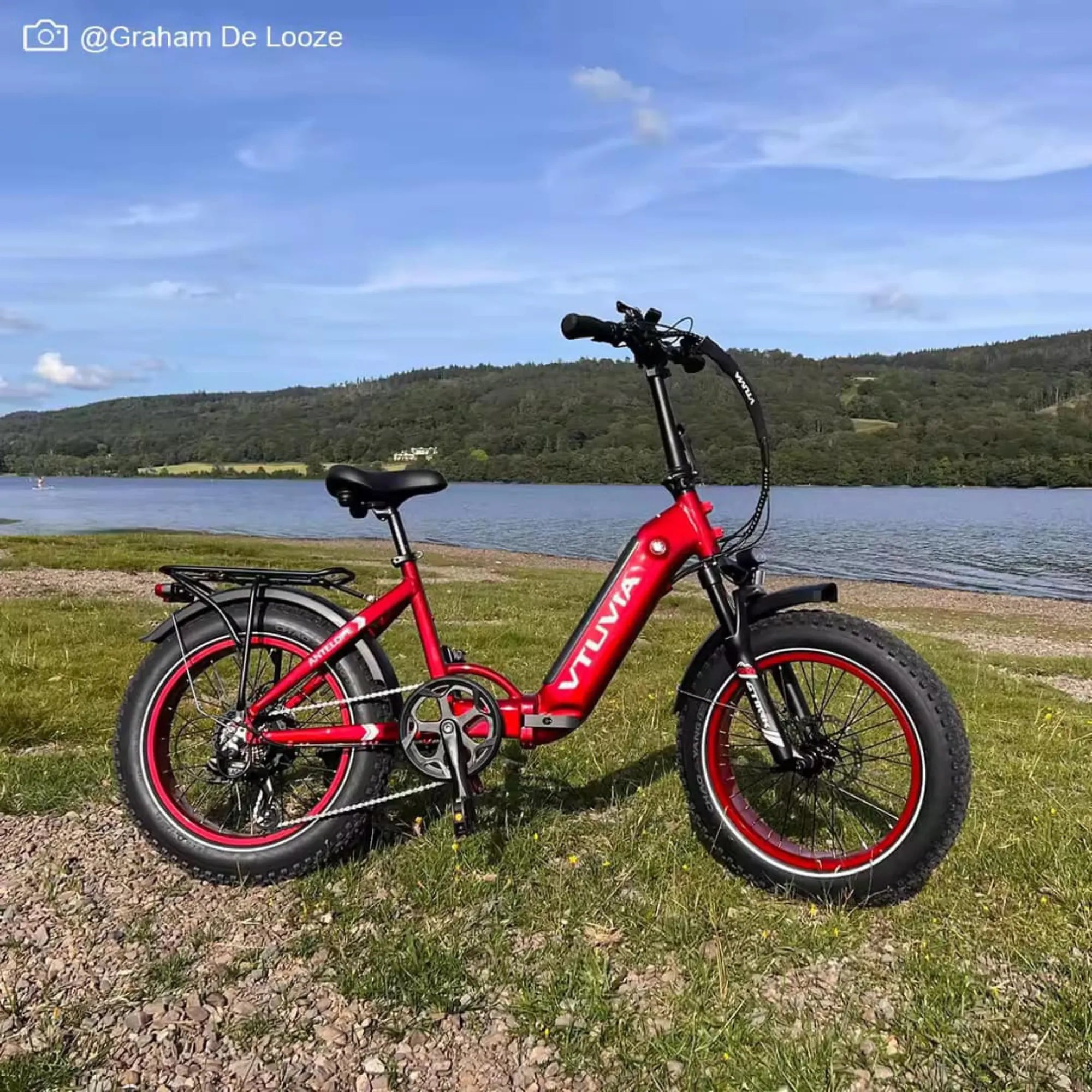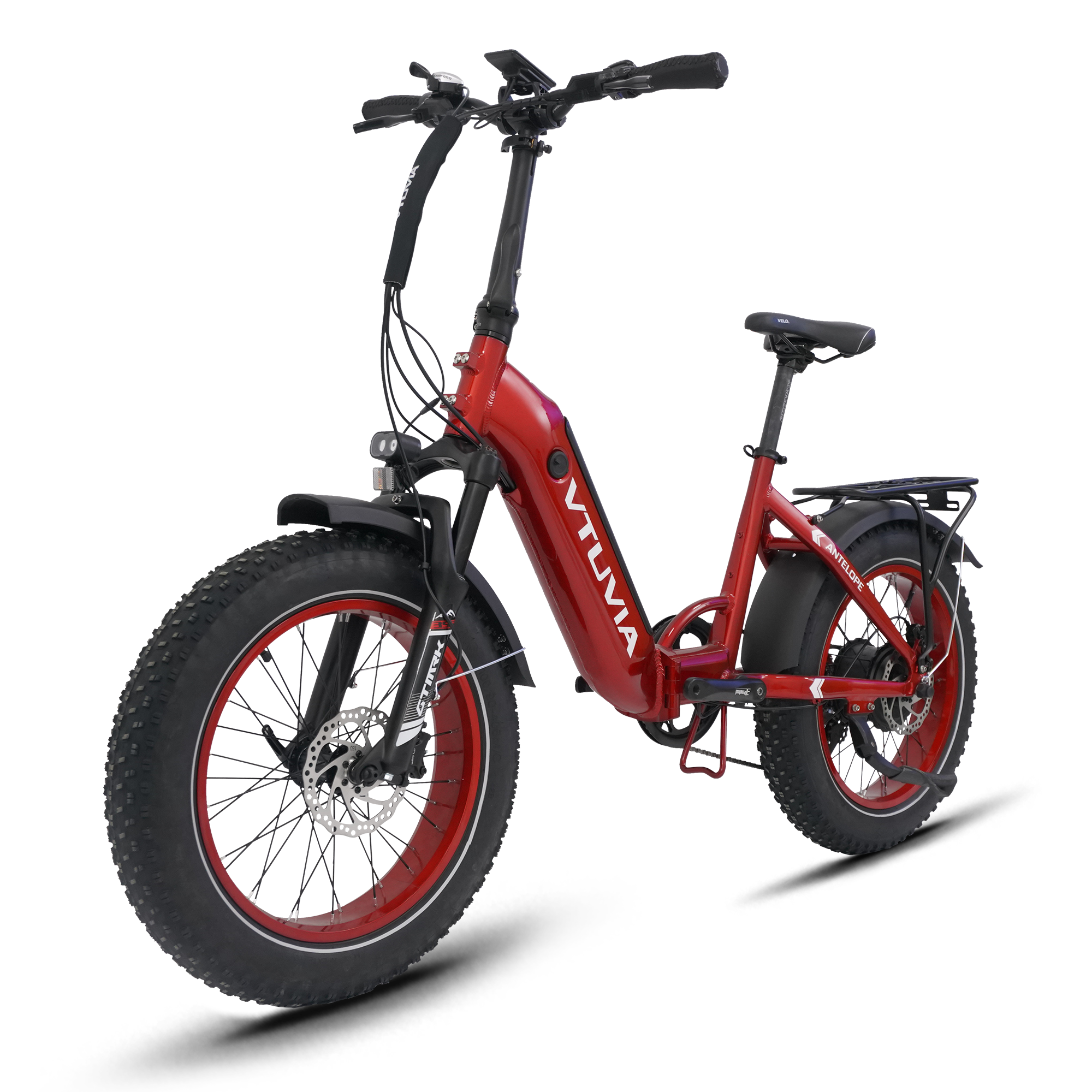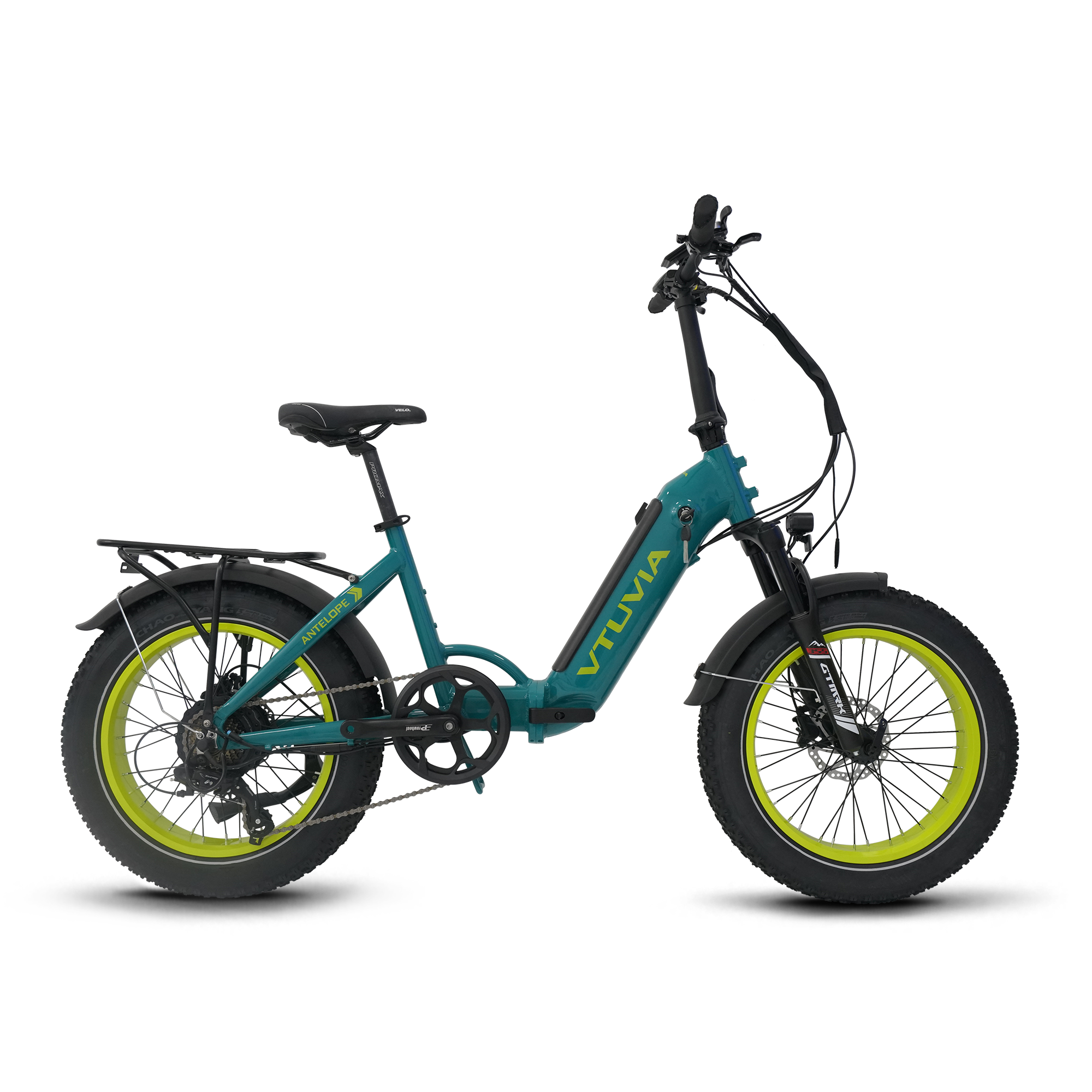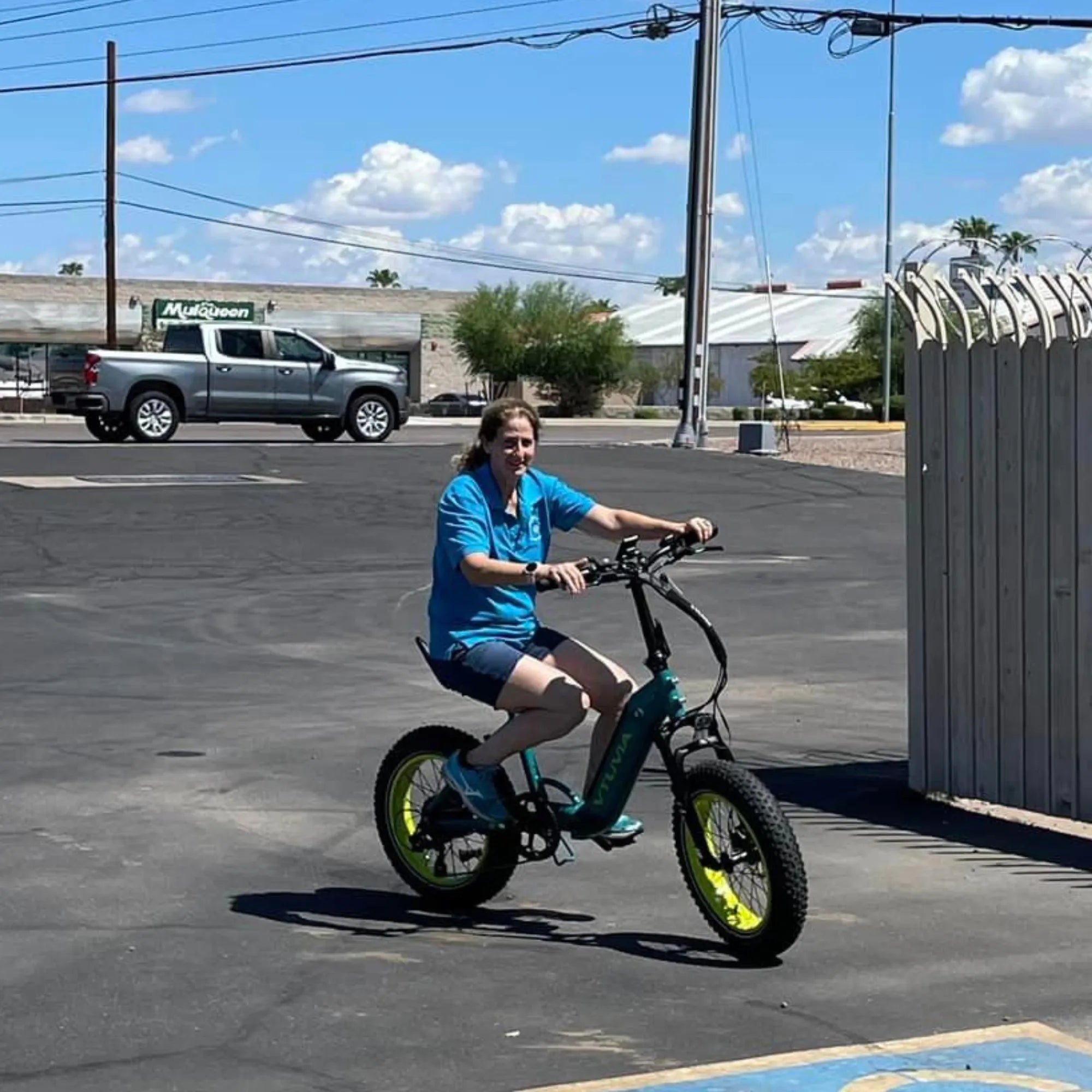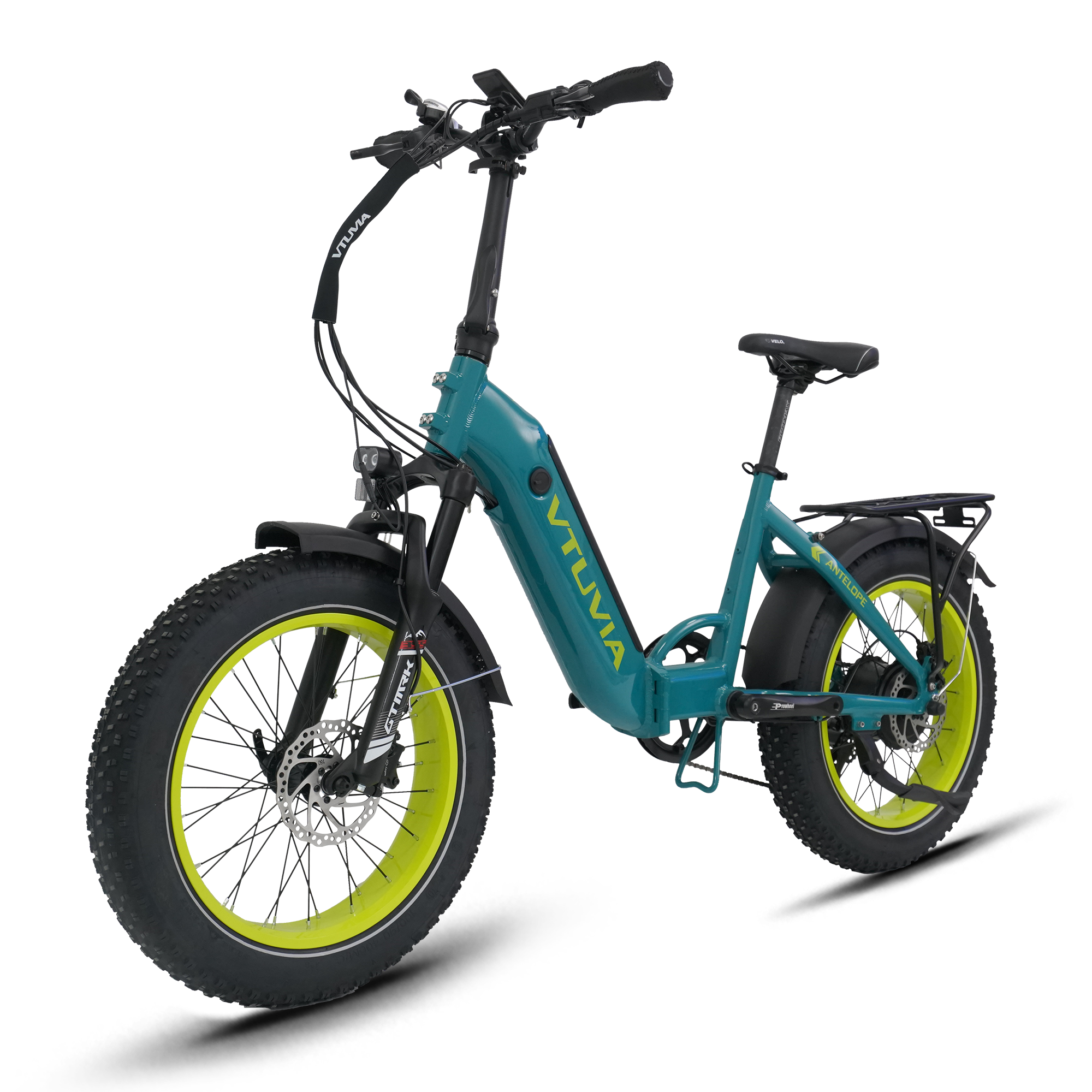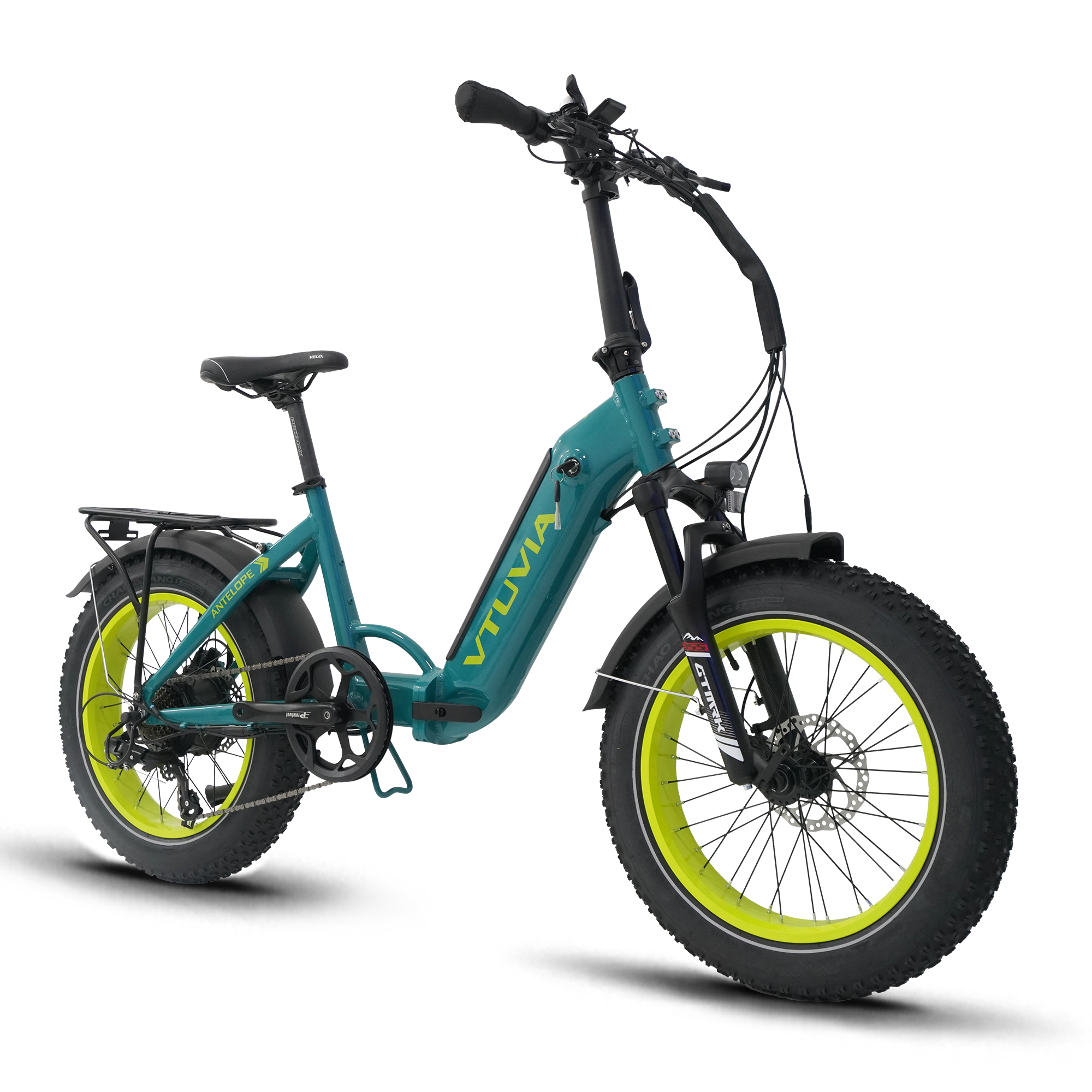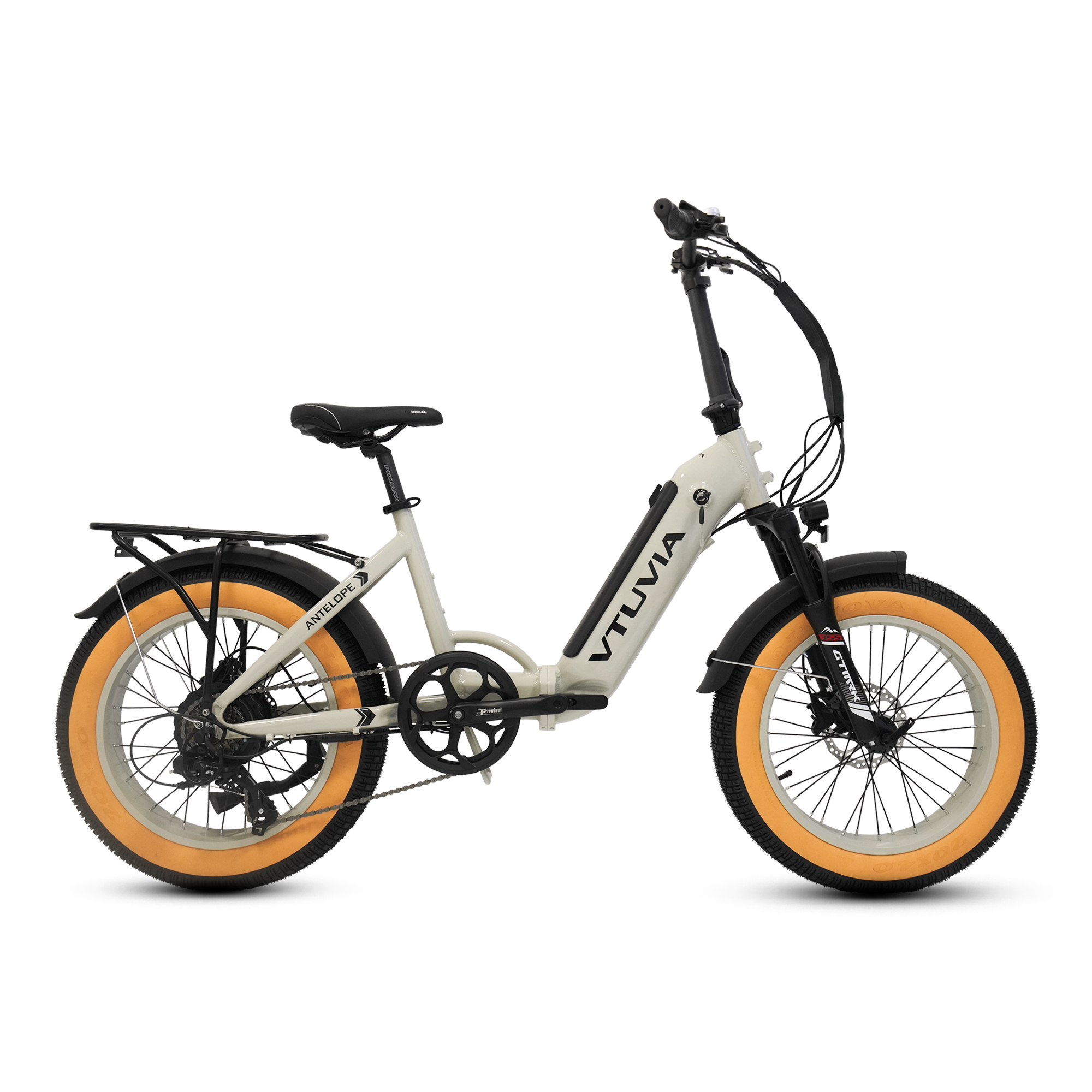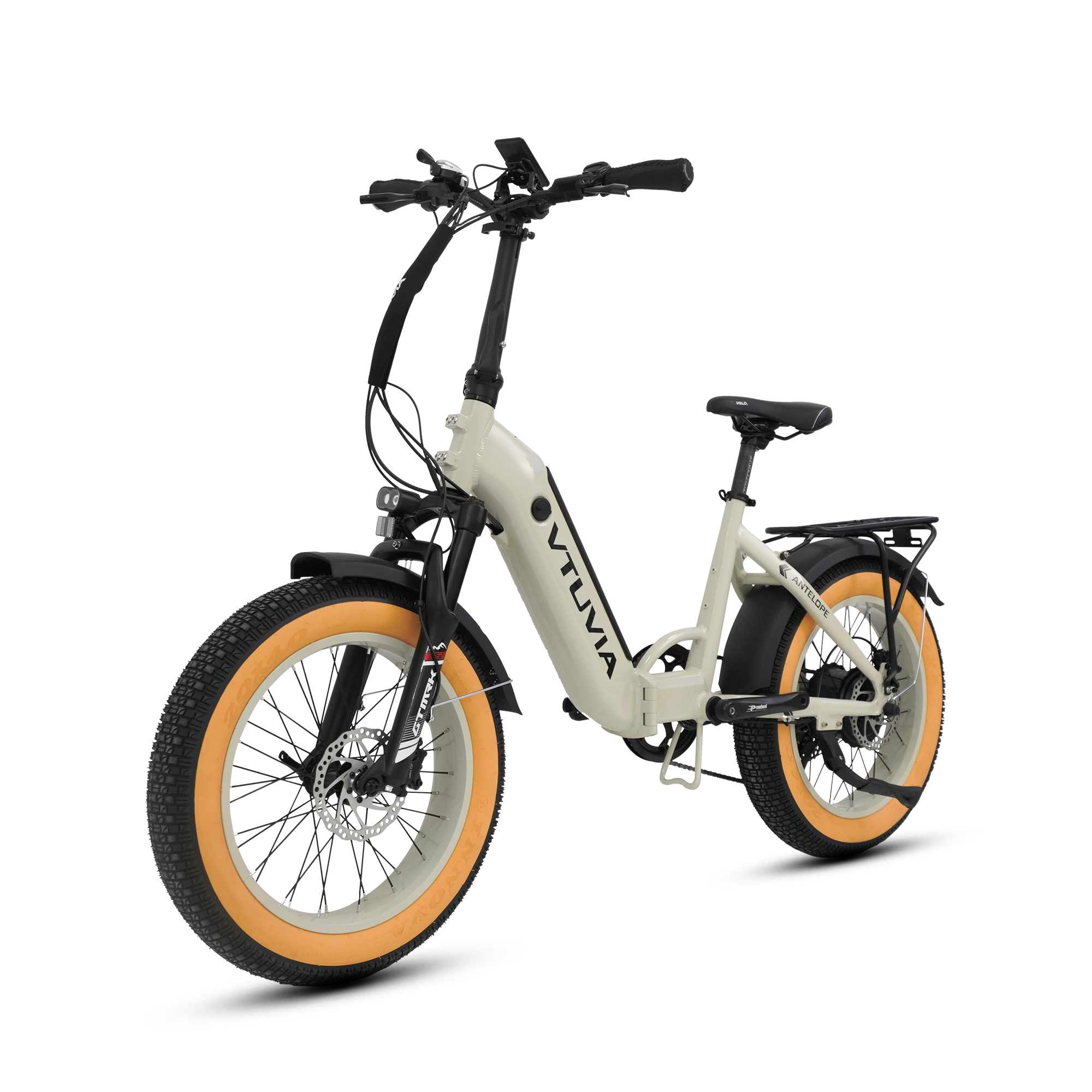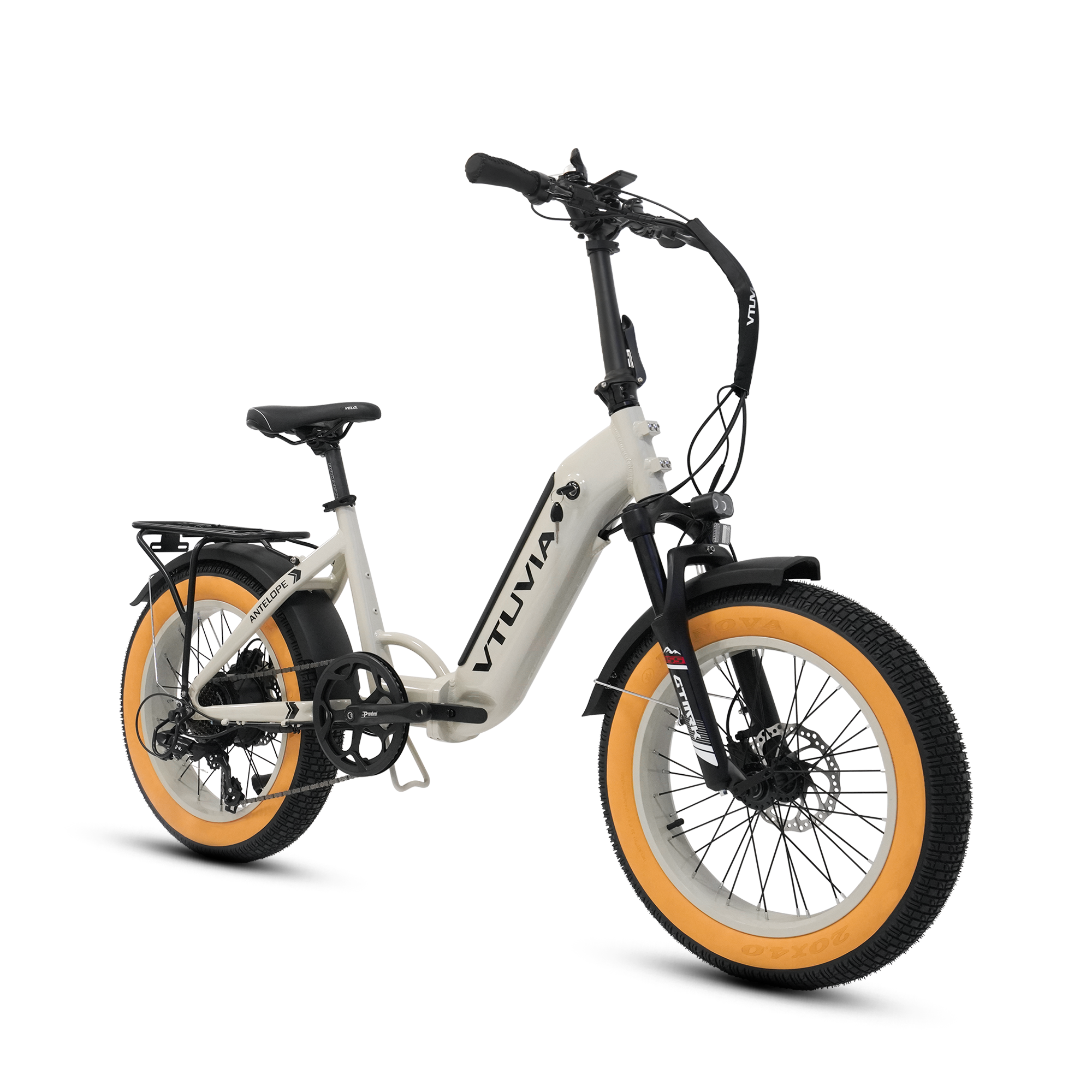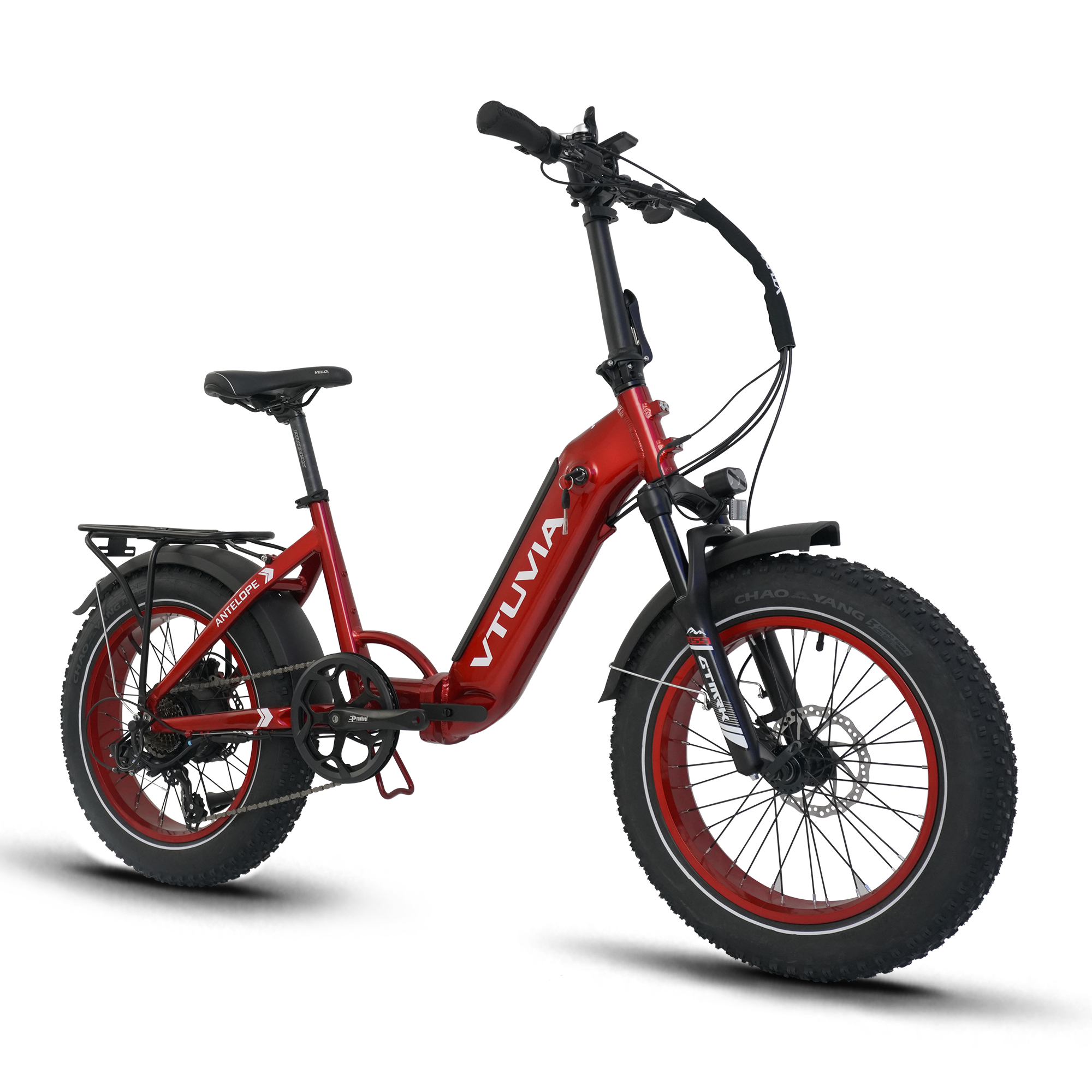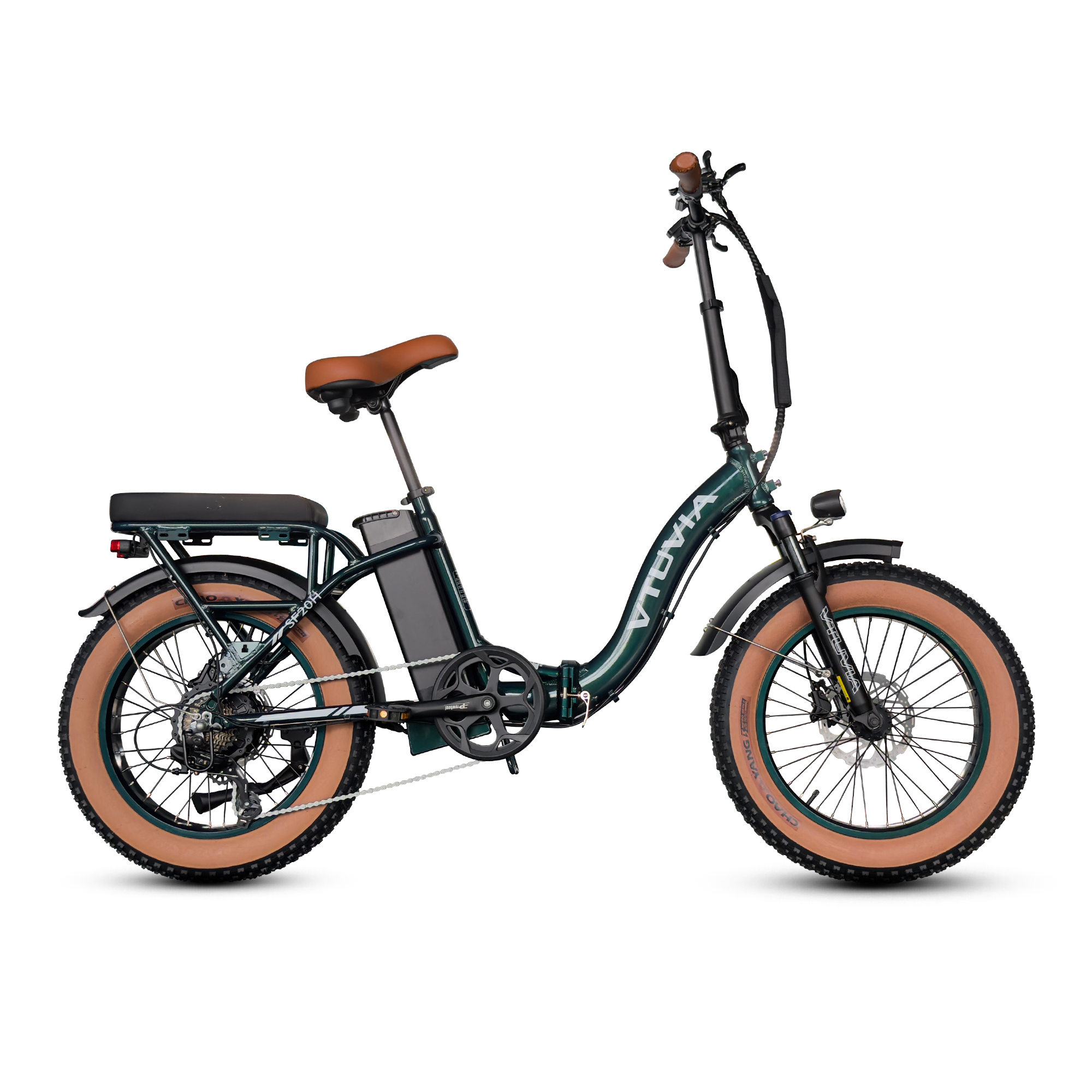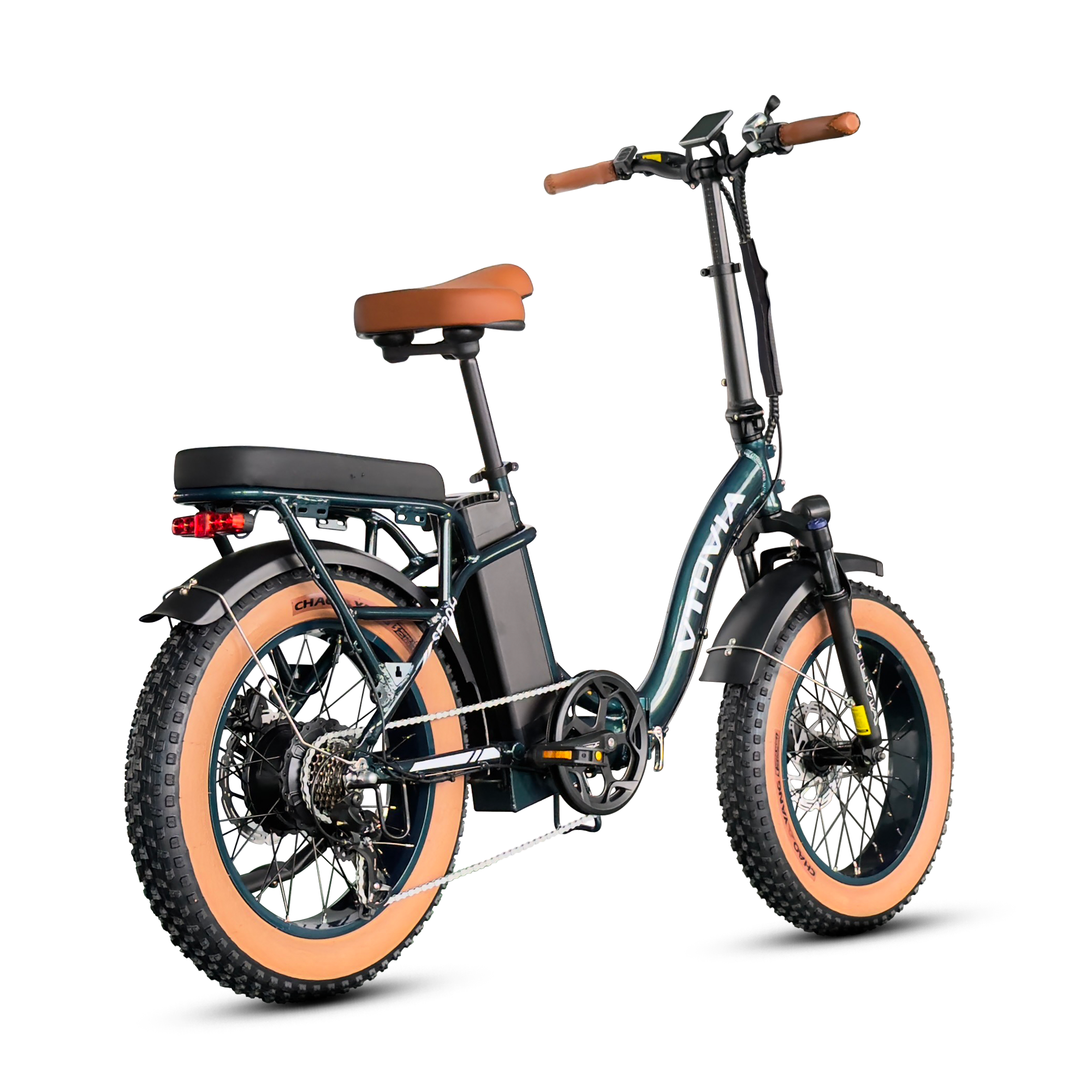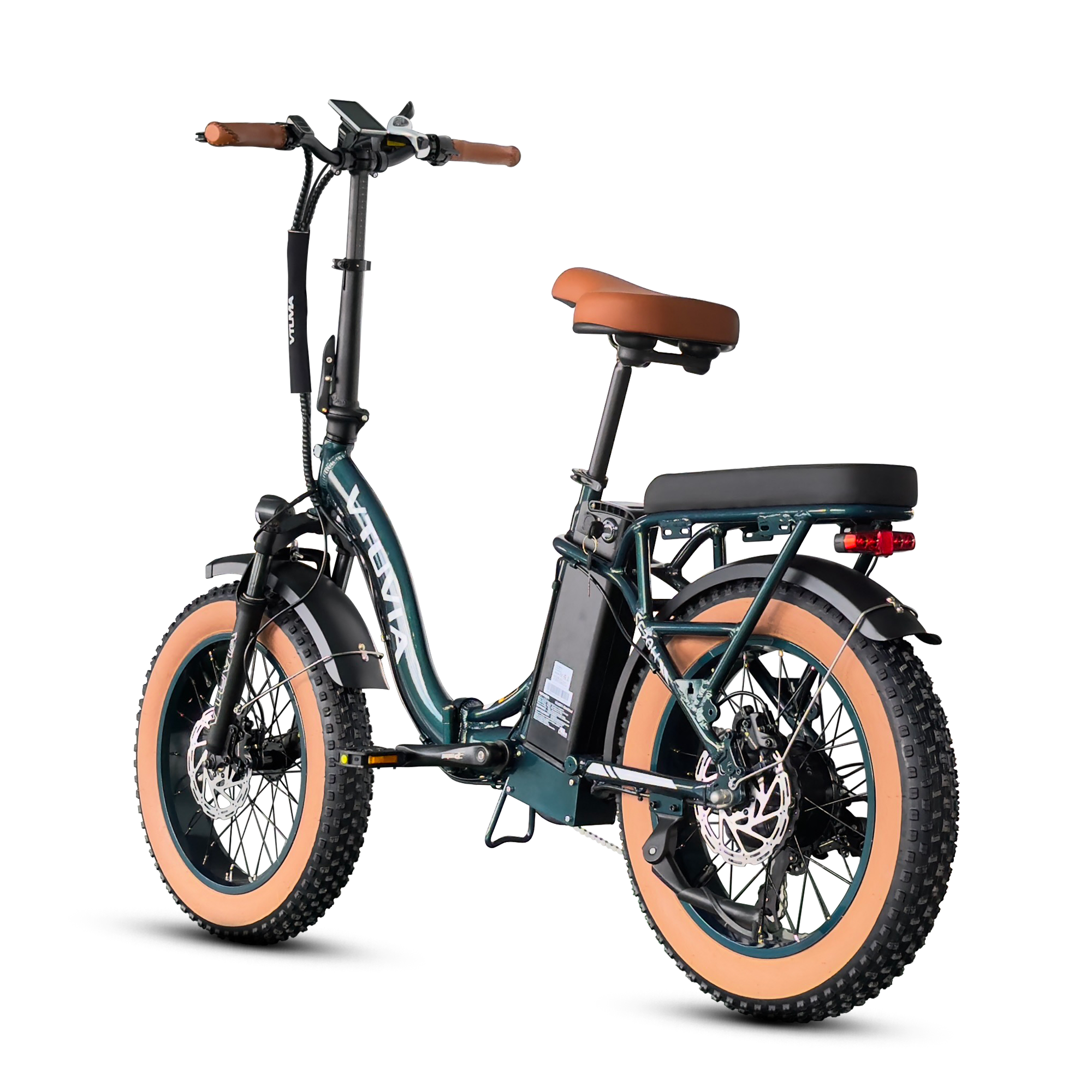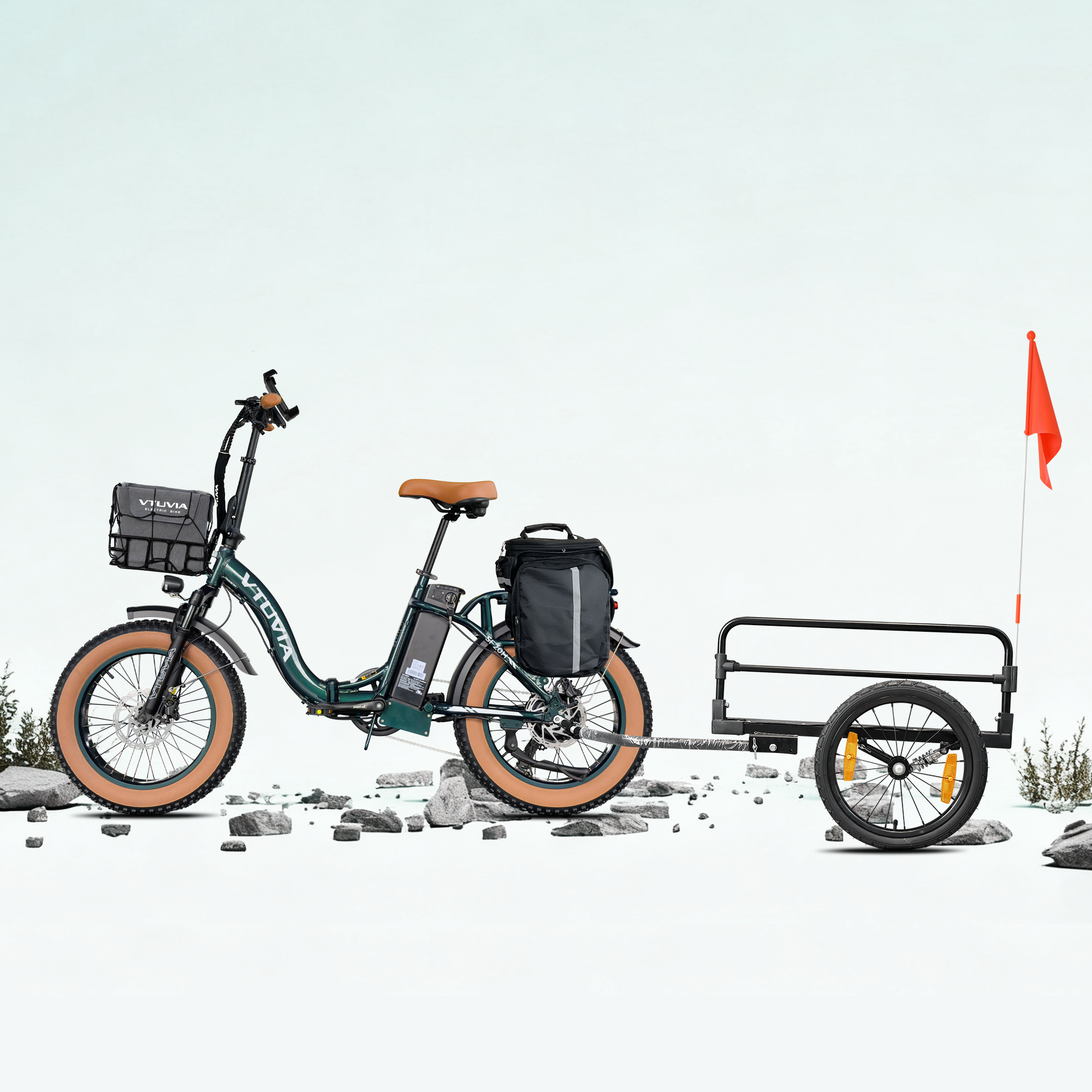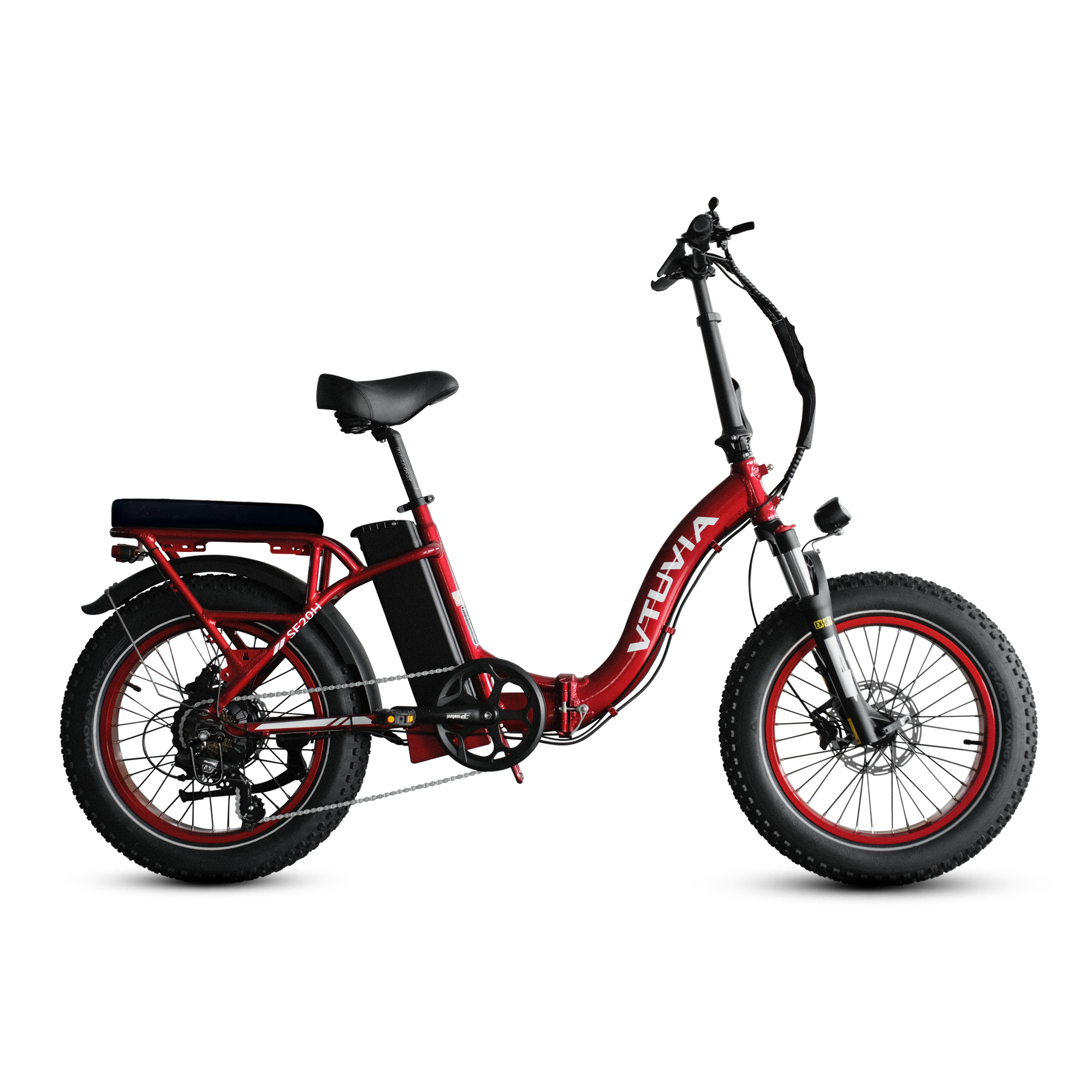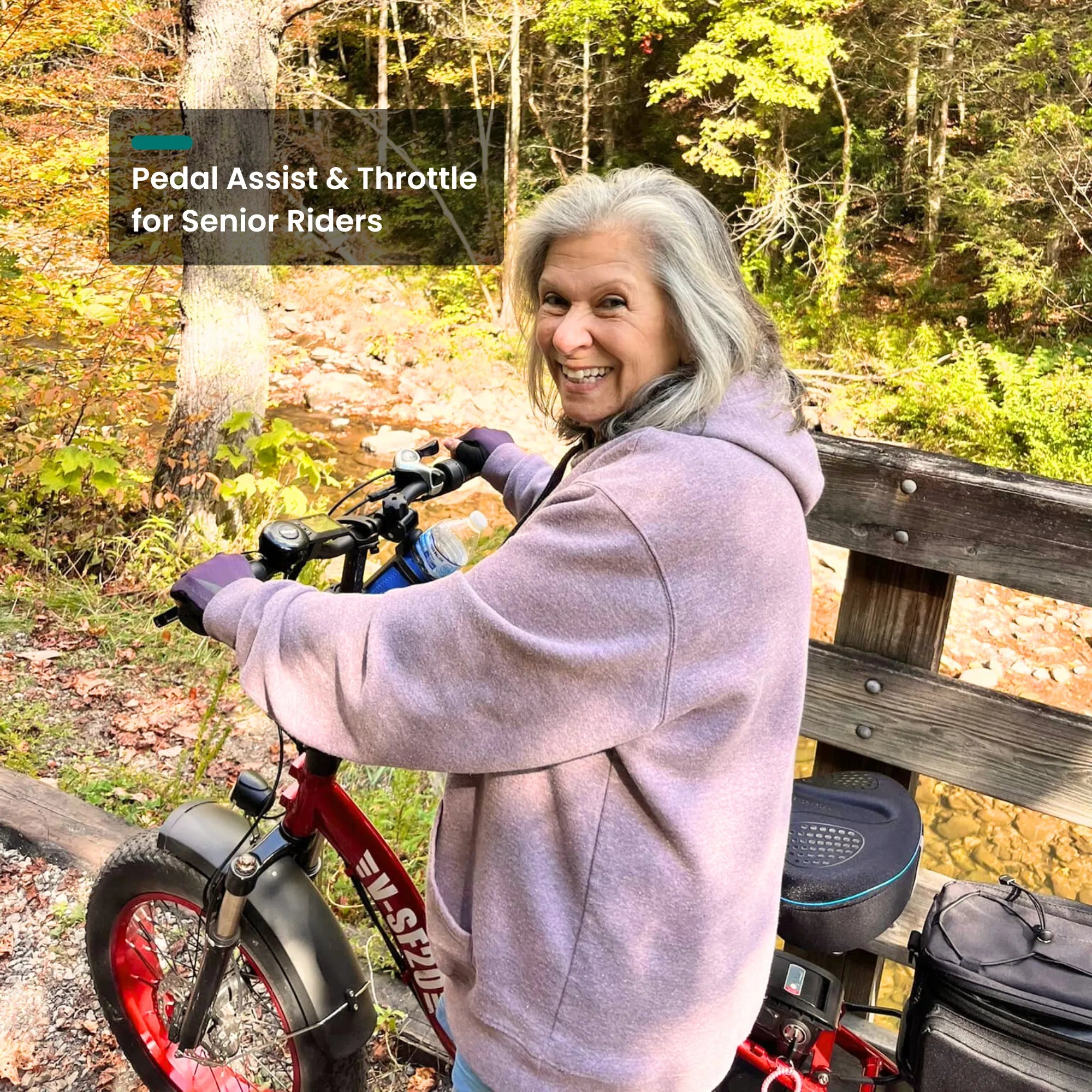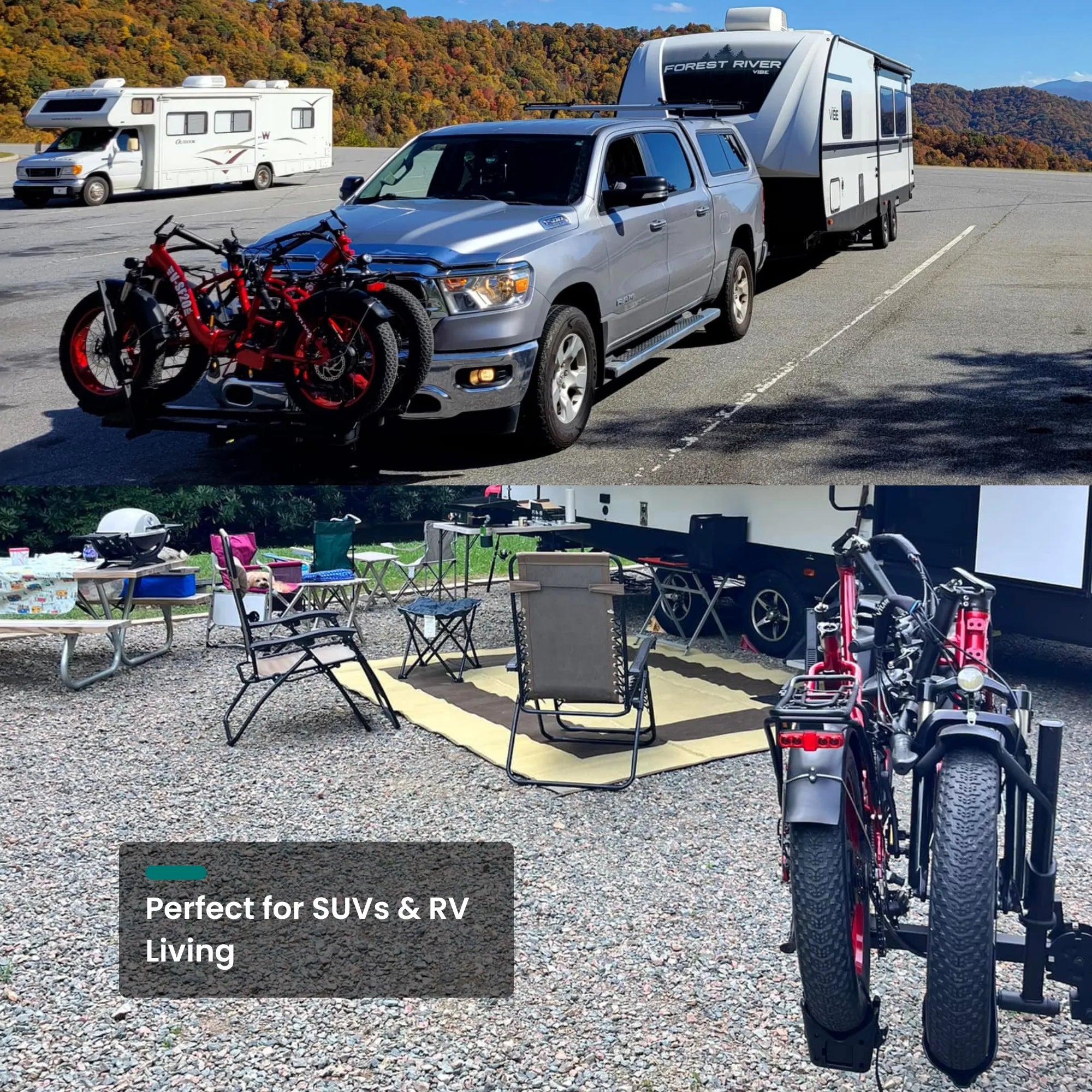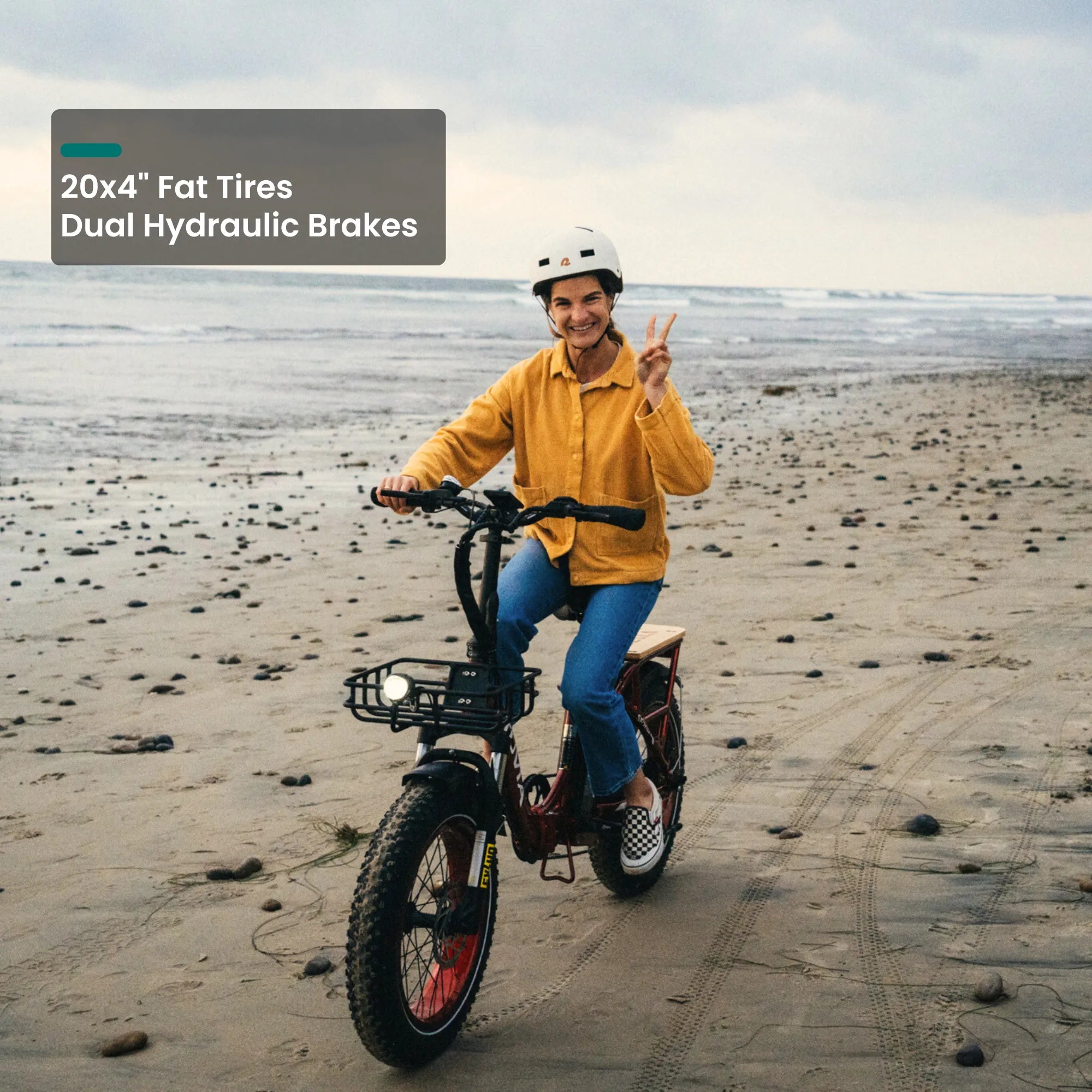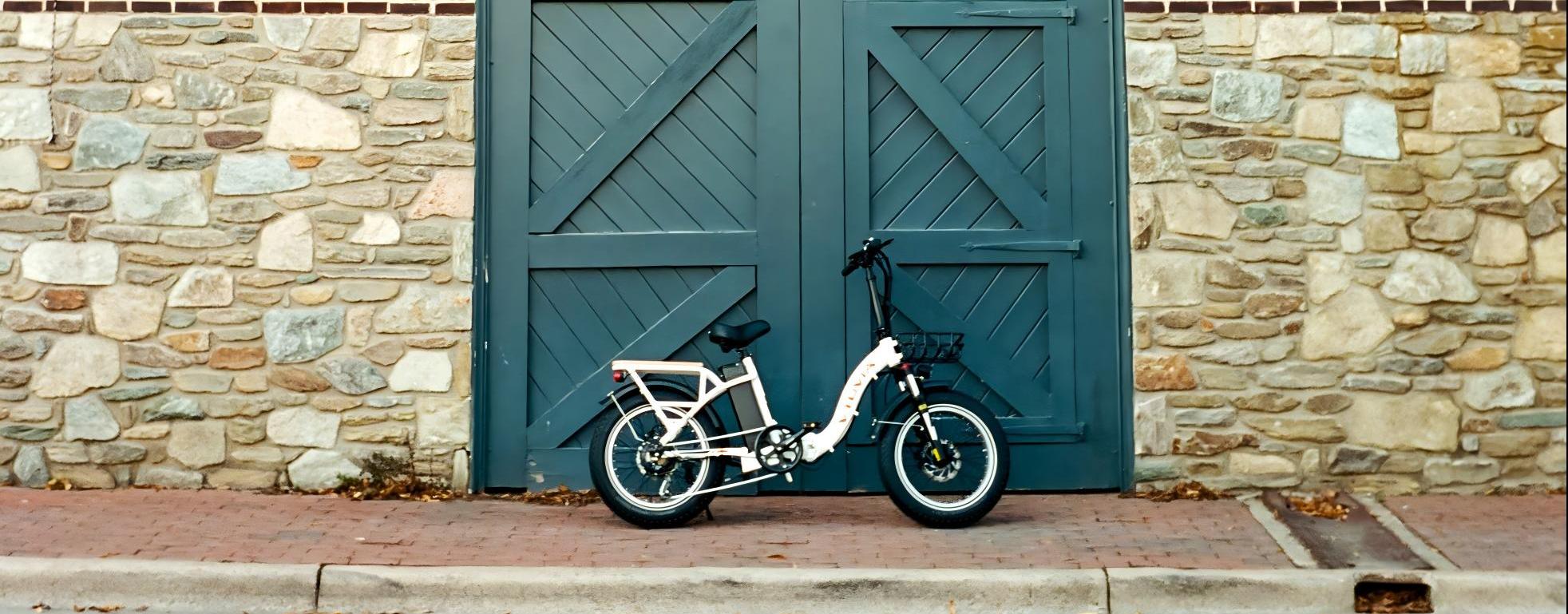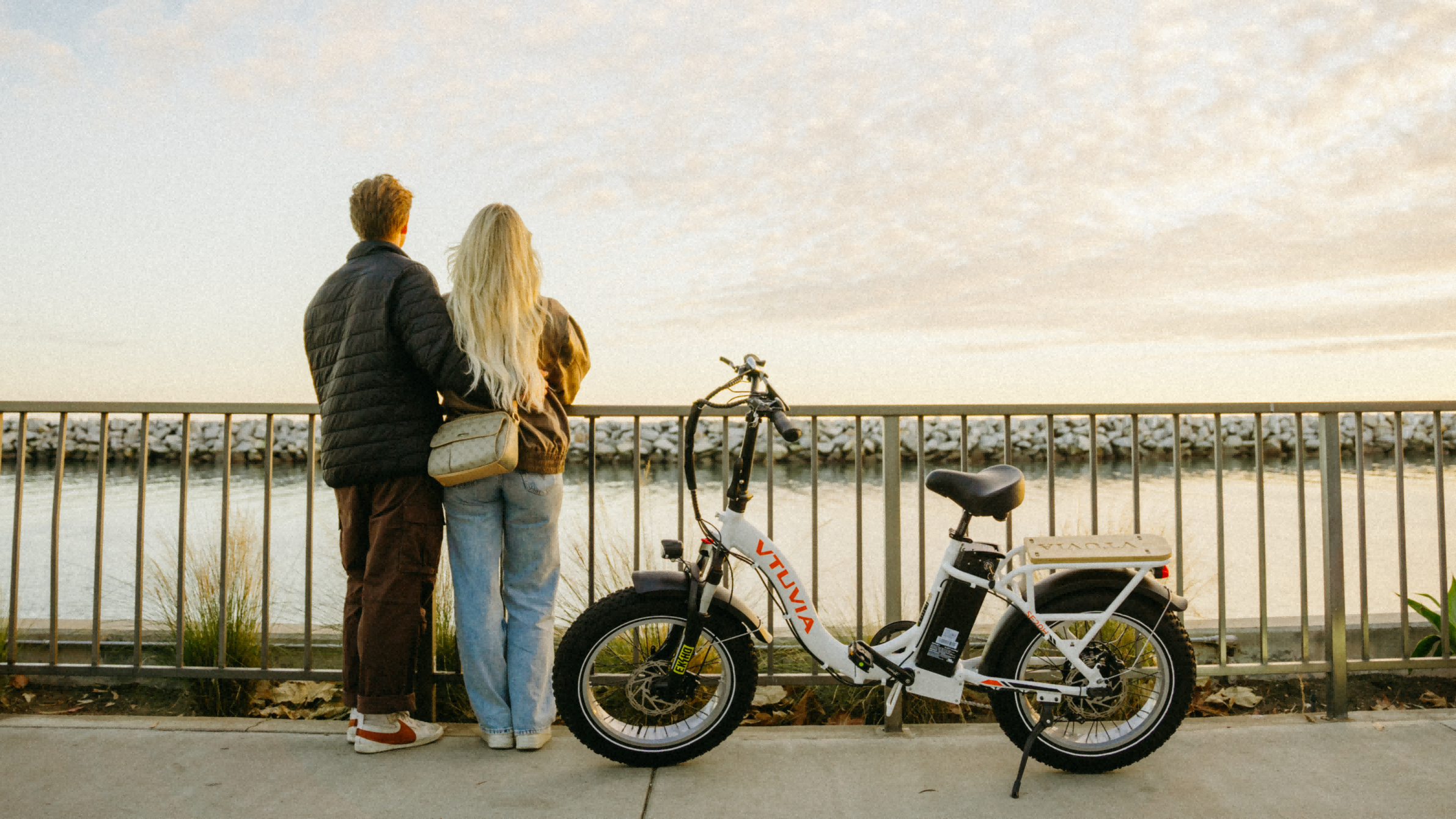Why Choose a Mountain Electric Bike?
A mountain electric bike combines rugged frames, wide tires, and advanced suspension with the power of an electric motor. Whether you are climbing steep hills, navigating rocky trails, or enjoying weekend camping adventures, an electric bike for trail riding makes every journey more enjoyable. Unlike traditional mountain bikes, an e-MTB (electric mountain bike) provides pedal assist and throttle support, helping riders conserve energy while tackling longer distances.
If you are searching for the best electric mountain bikes for sale, VTUVIA offers a complete lineup of all terrain mountain e-bikes that balance power, range, and comfort. From fat tire electric mountain bikes for stability to step-through mountain e-bikes for accessibility, there is a model for every rider.
Best Electric Mountain Bikes from VTUVIA
VTUVIA Gemini 1000W – Most Powerful Electric Mountain Bike
The VTUVIA Gemini is the ultimate choice for riders who want performance without limits. Equipped with a 1000W motor and dual batteries, this model is built for extreme adventures. With fat tires for grip and advanced suspension, it stands out as one of the most powerful electric mountain bikes on the market. Perfect for hunters, adventurers, and thrill-seekers.
VTUVIA SN100 750W – Best Value Electric Mountain Bike
The VTUVIA SN100 delivers a balance of power, comfort, and affordability. Featuring a 750W motor, torque sensor, and long-range battery, it is often considered the best value eMTB. Whether you need a pedal assist mountain e-bike for daily trail rides or a dependable all terrain mountain bike, the SN100 is one of the best value electric mountain bikes in its class.
VTUVIA SF20H & SX20 – Step-Through & Folding Mountain E-bikes
For riders who prefer accessibility and portability, the VTUVIA SF20H and SX20 are top choices. These models feature a step-through frame for easy mounting, making them ideal mountain e-bikes for seniors and family riders. The SX20 & SF20H add a folding mountain e-bike design for convenient transport and storage, without sacrificing fat tires or pedal assist.
VTUVIA Reindeer – Step-Through Fat Tire Electric Mountain Bike
The Reindeer is built for stability and comfort, designed with a step-through frame for easy mounting. Equipped with a 750W hub motor and 26x4” fat tires, it handles snow, sand, and rugged trails with ease. It is the best value electric mountain bike for riders who want power and accessibility in one package.
VTUVIA FMB – Full-Suspension 1000W Mid-Drive eMTB
For riders who want maximum performance, the FMB is the answer. Featuring a 1000W mid-drive motor and full suspension, it is designed for steep climbs, rocky paths, and aggressive mountain trails. This makes it one of the most powerful electric mountain bikes available, perfect for hardcore trail riders.
How to Choose the Best Electric Mountain Bike?
When choosing an electric mountain bike (eMTB), consider the following key points:
- Motor Power – A 750W or 1000W motor is ideal for mountain riding and heavy riders. Look for options like the VTUVIA Reindeer (750W) or FMB (1000W mid-drive).
- Frame Size & Stability – If you are big and tall, pick an e-bike with a large and strong frame. Bigger wheelbase + fat tires = more stability.
- Weight Capacity – Riders up to 400 lbs need an ebike heavy duty design. VTUVIA e-bikes are built to handle big guys and heavy riders without sacrificing performance.
- Suspension – For comfort, choose full suspension EMTBs like the FMB. For balance of value and comfort, go with front suspension models like the Reindeer.
More Related Mountain Electric Bikes Articles:
Electric Mountain Bike Reviews (2025)
Nothing builds confidence like hearing from real riders. Here are a few highlights from customer feedback and e-MTB reviews:
FAQs
Which VTUVIA e-bike is best for heavy riders?
Models like the Reindeer, Gemini, SN100, and FMB are designed to support big and tall riders with sturdy frames and powerful motors.
What is the most powerful electric mountain bike?
The VTUVIA FMB features a 1000W mid-drive motor, making it the most powerful option for extreme trails.
What is the best pedal assist mountain bike?
The SN100, Gemini, and FMB all offer torque-sensor pedal assist, providing smooth power for climbs and long-distance rides.
Can VTUVIA e-bikes handle riders up to 400 lbs?
Yes. VTUVIA e-bikes like the Gemini and FMB are heavy-duty and stable, suitable for riders up to 400 lbs.
Are fat tire e-bikes good for off-road trails?
Absolutely. Fat tires on the Reindeer, SN100, and Gemini provide extra stability on sand, snow, and rocky terrain.
Which e-bike is best for step-through design?
The VTUVIA Reindeer features a step-through frame, ideal for seniors, casual riders, or those who prefer easy mounting.
What is the difference between hub motor and mid-drive motor?
Hub motors (Reindeer, SN100) are simpler and stable; mid-drive motors (FMB, Gemini) provide more torque, better hill climbing, and a natural riding feel.
Do VTUVIA e-bikes have full suspension?
Yes. The FMB is a full-suspension mountain e-bike, perfect for rough and technical trails.
Are VTUVIA e-bikes suitable for big and tall riders?
Yes. VTUVIA designs include large frames, higher standover heights, and fat tires, ensuring comfort and stability for larger riders.
Do VTUVIA e-bikes support pedal assist and throttle modes?
Yes. All VTUVIA e-bikes come with pedal assist, and most also include throttle mode for extra convenience on tough climbs.
How do I choose the right mountain e-bike for me?
Consider weight, height, motor power, suspension type, and riding terrain. For heavy riders, choose large frames and high-torque motors; for trail enthusiasts, full suspension and fat tires are recommended.





